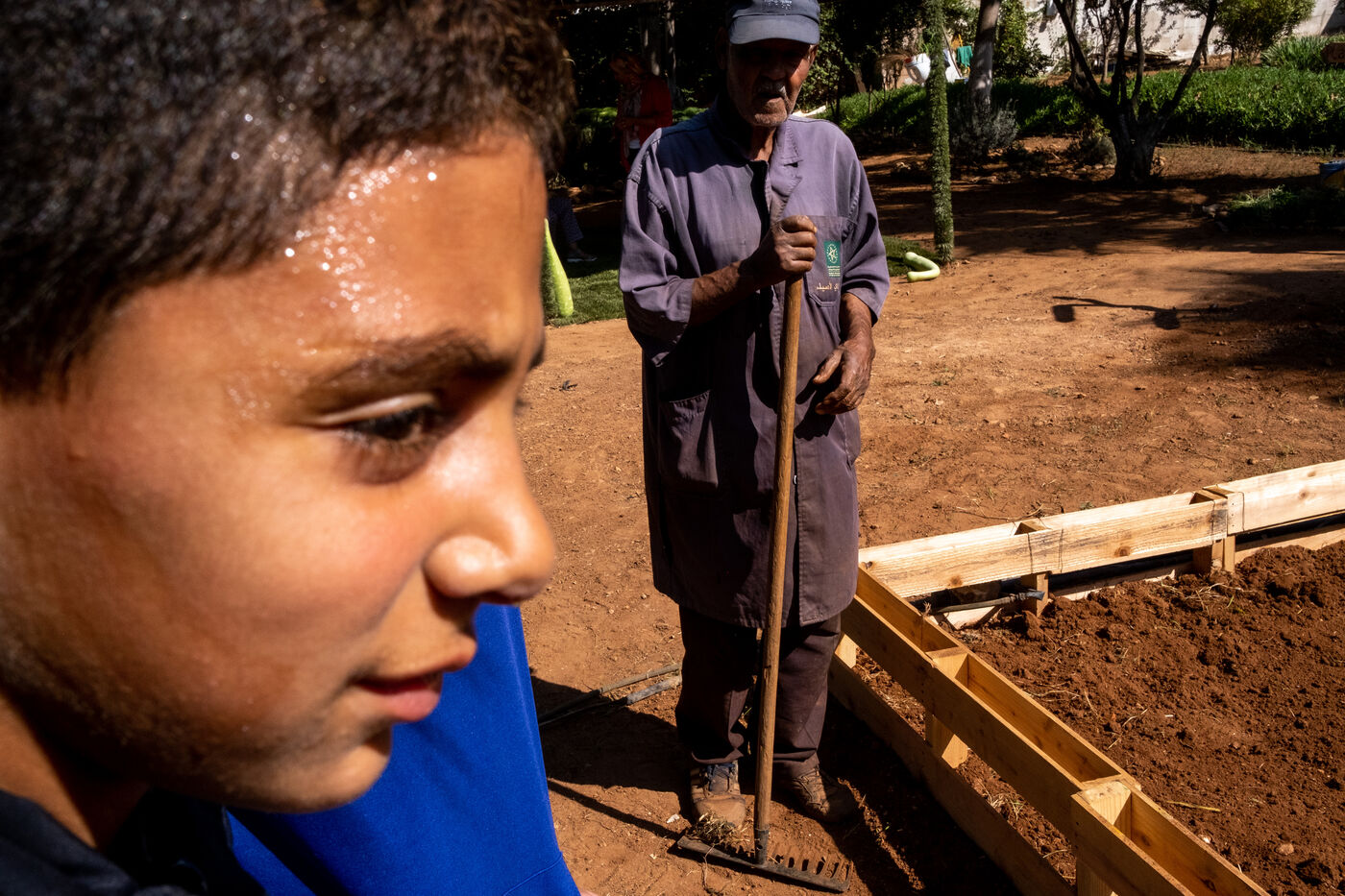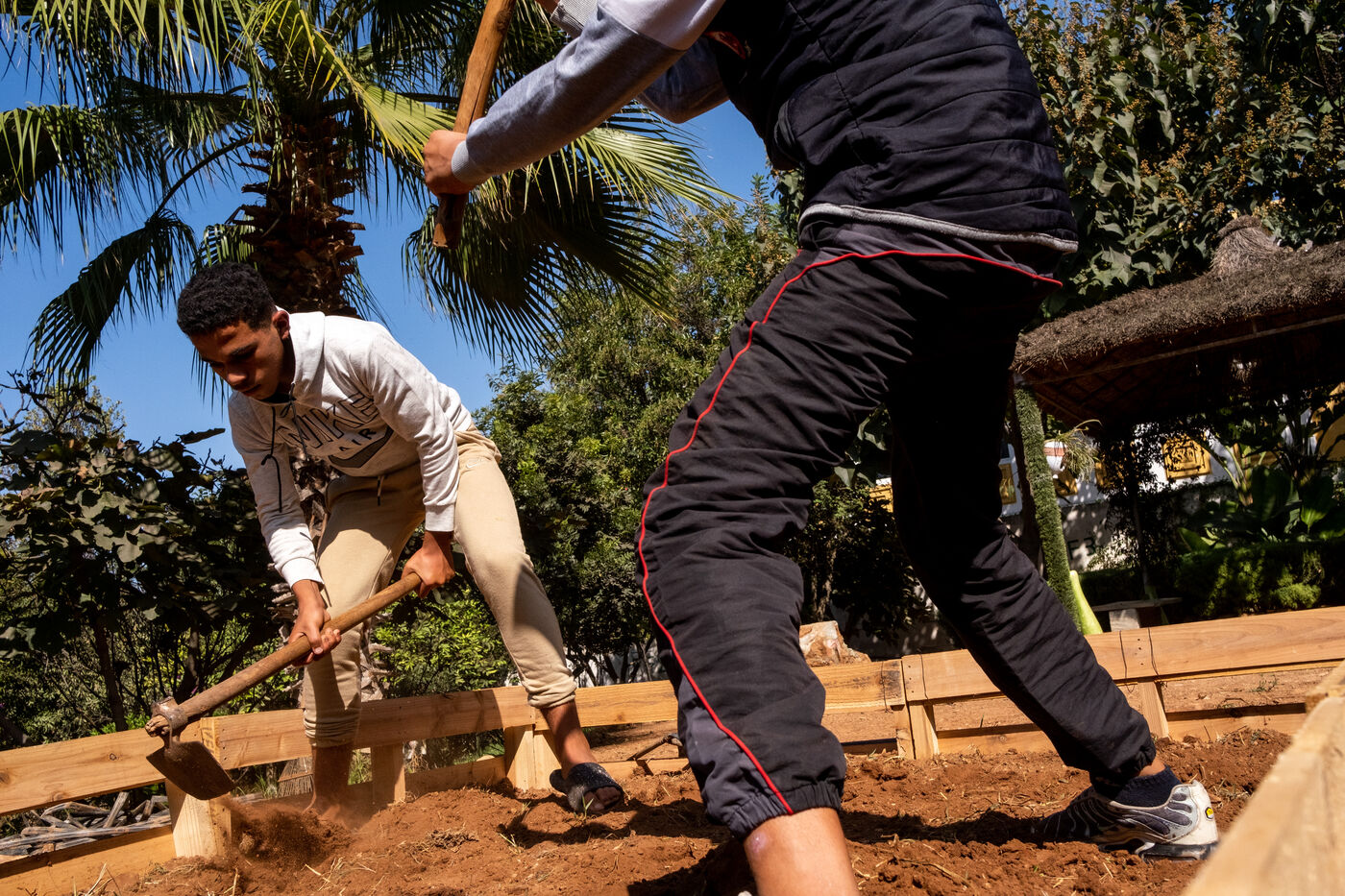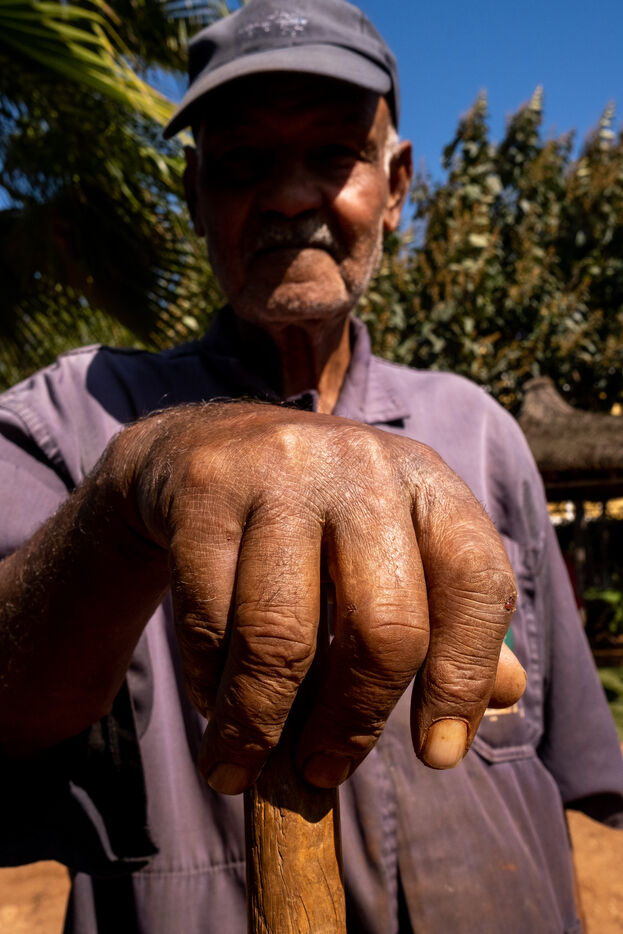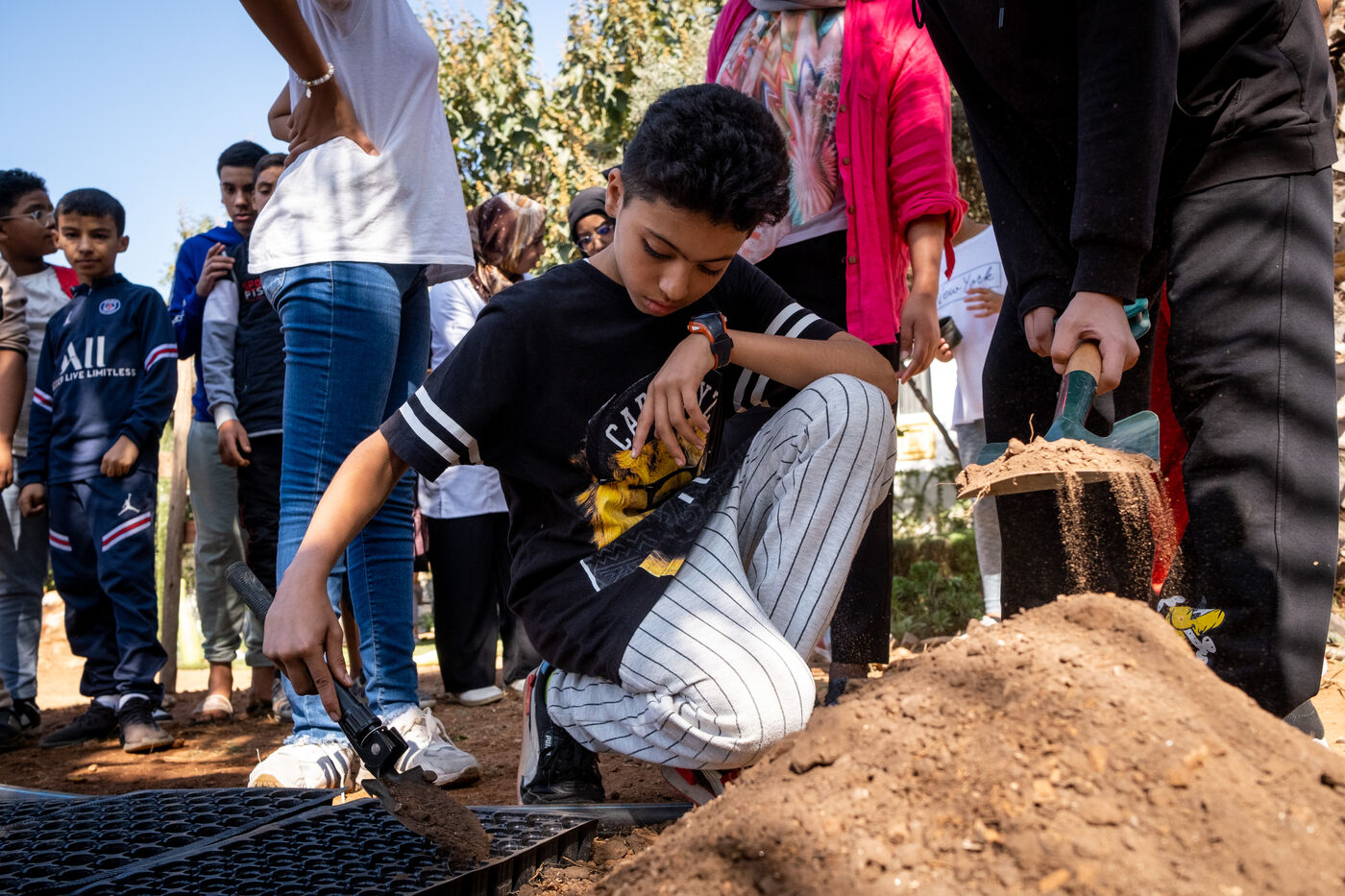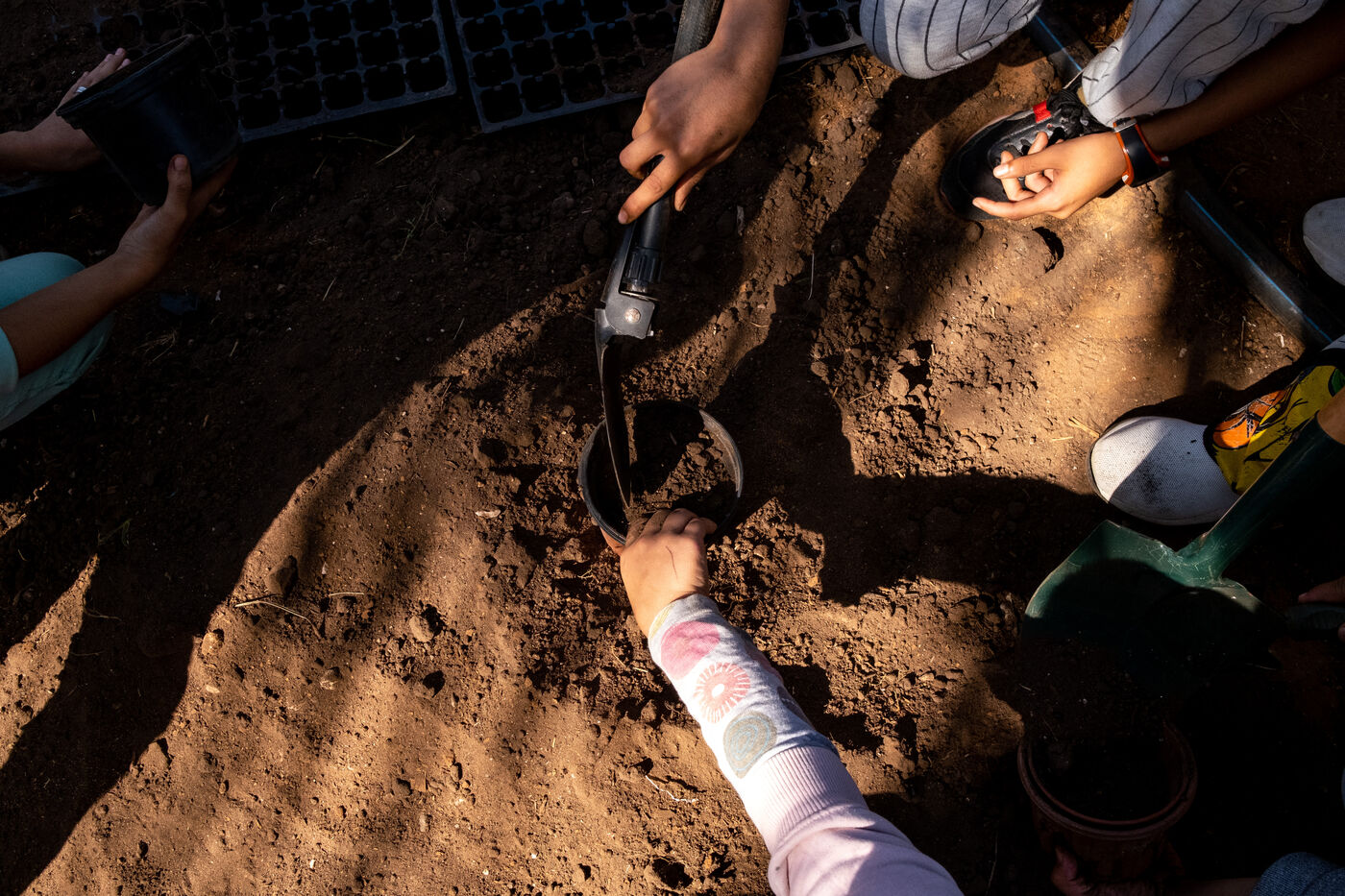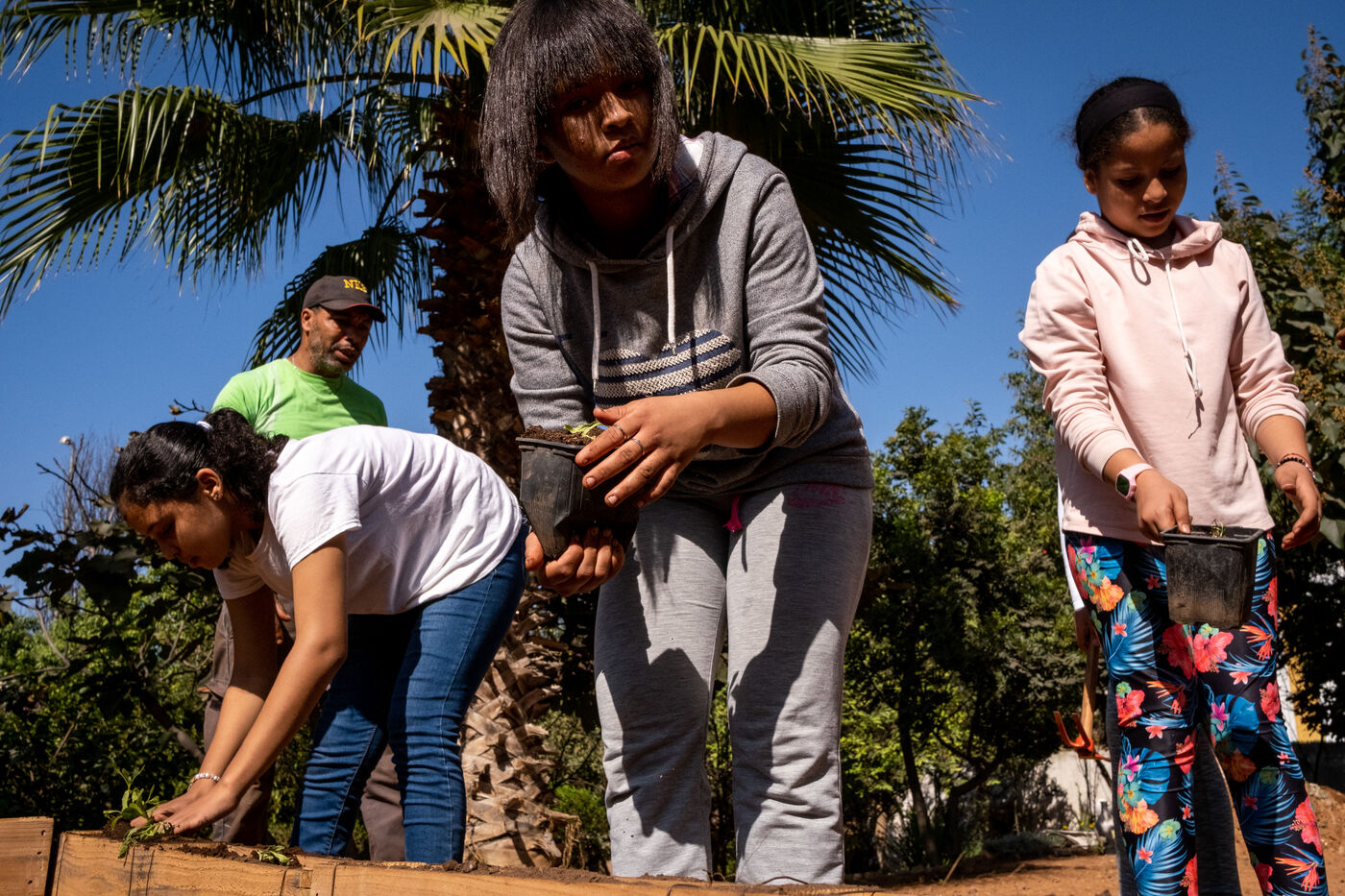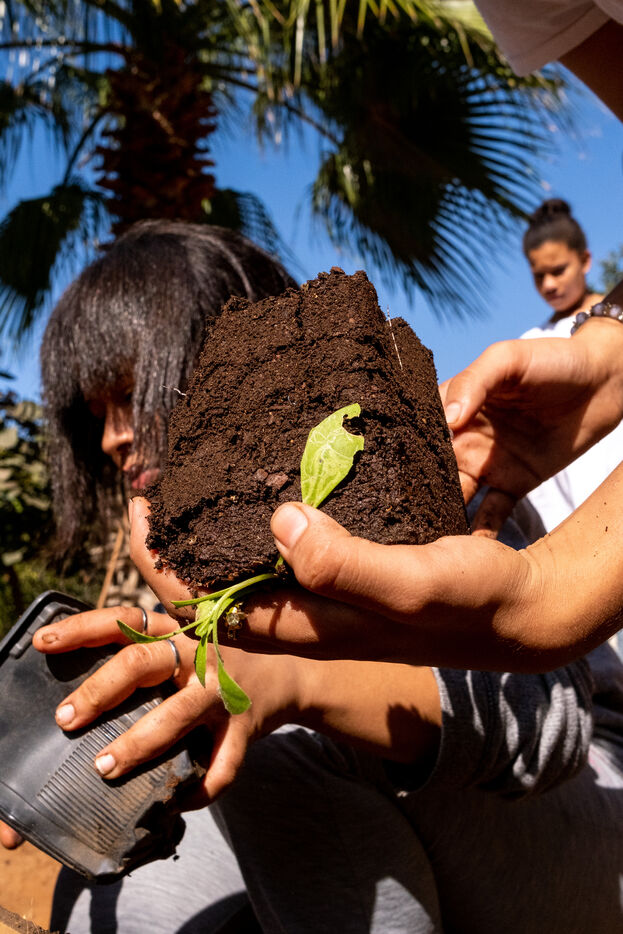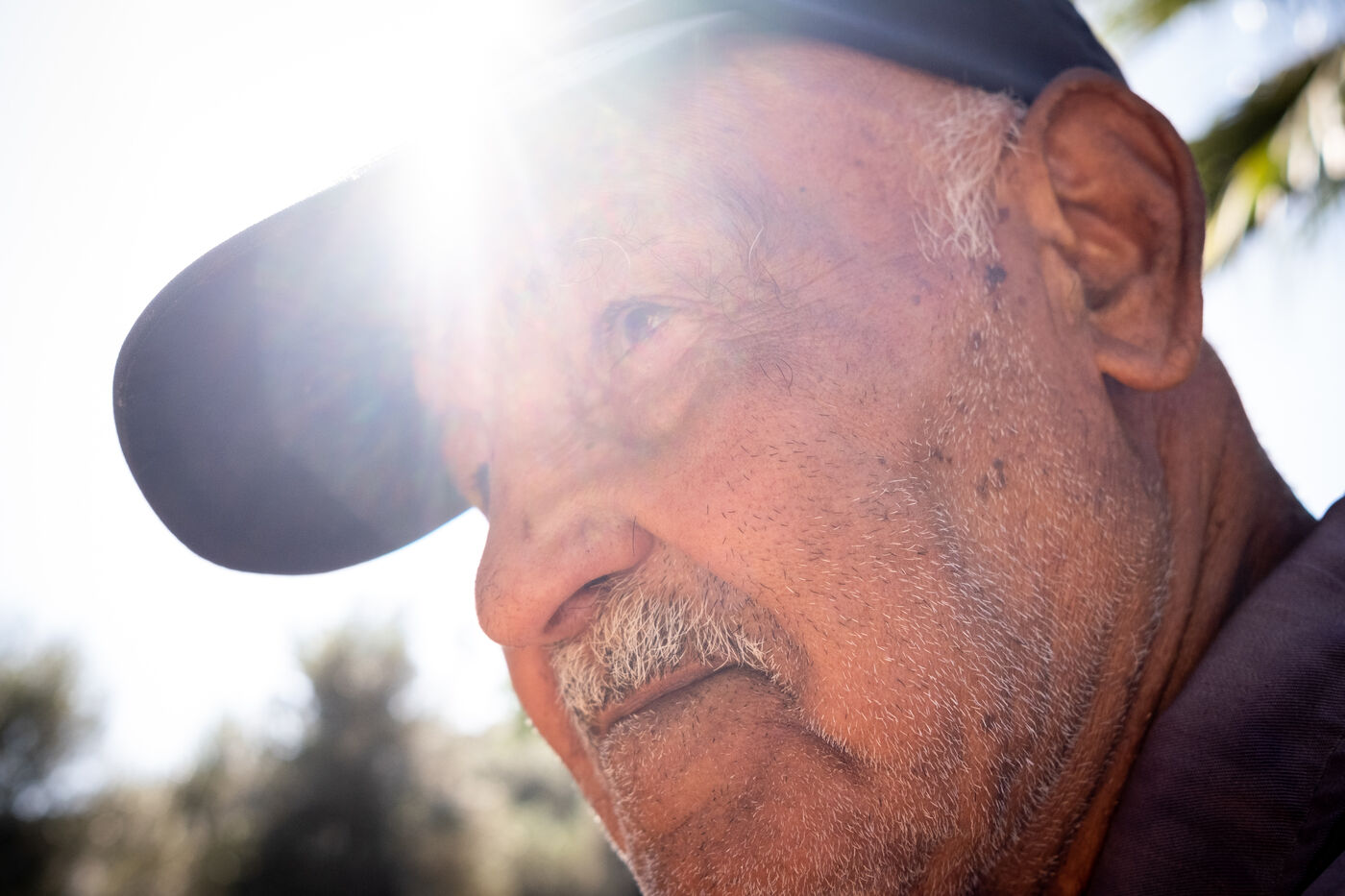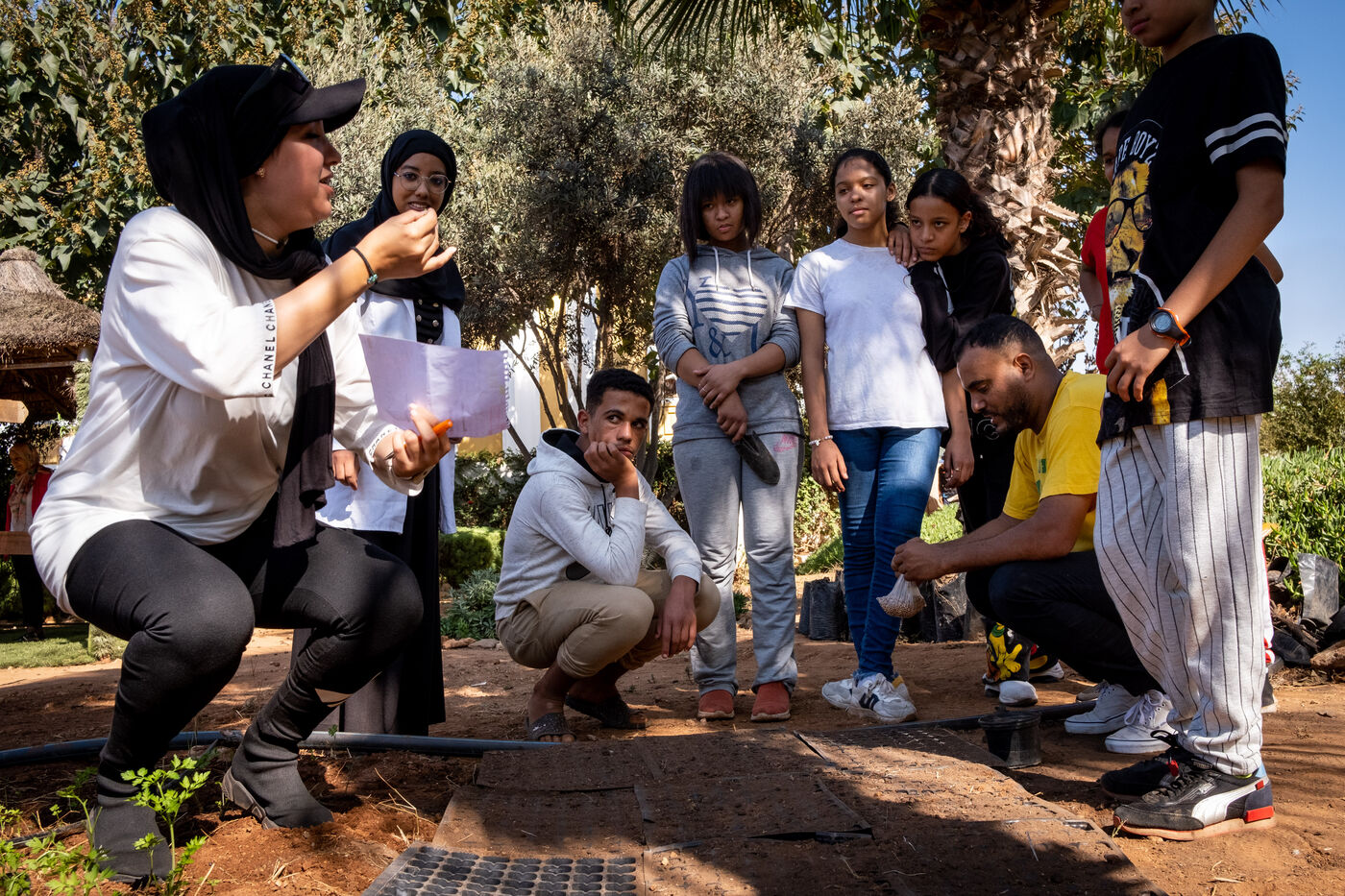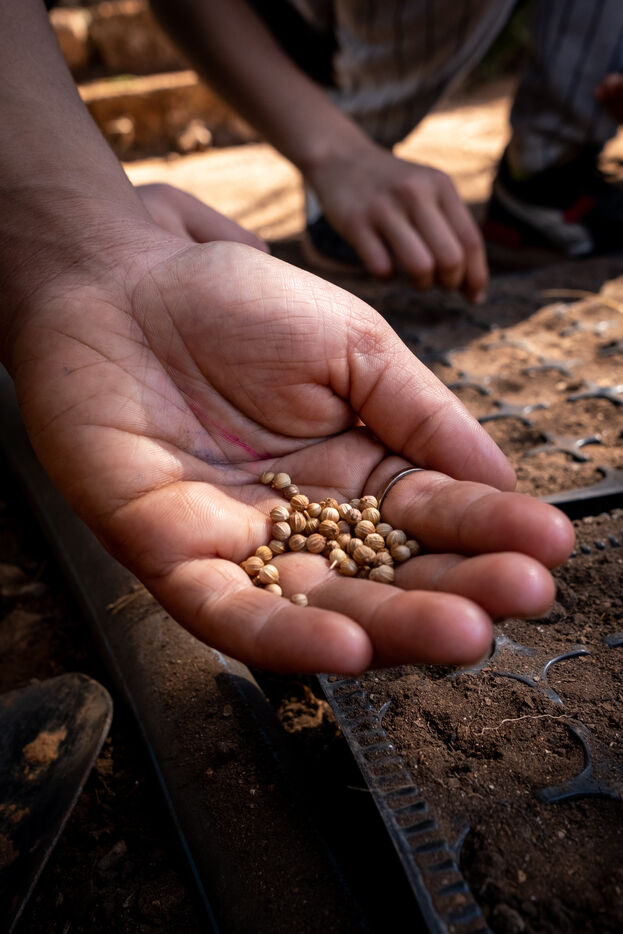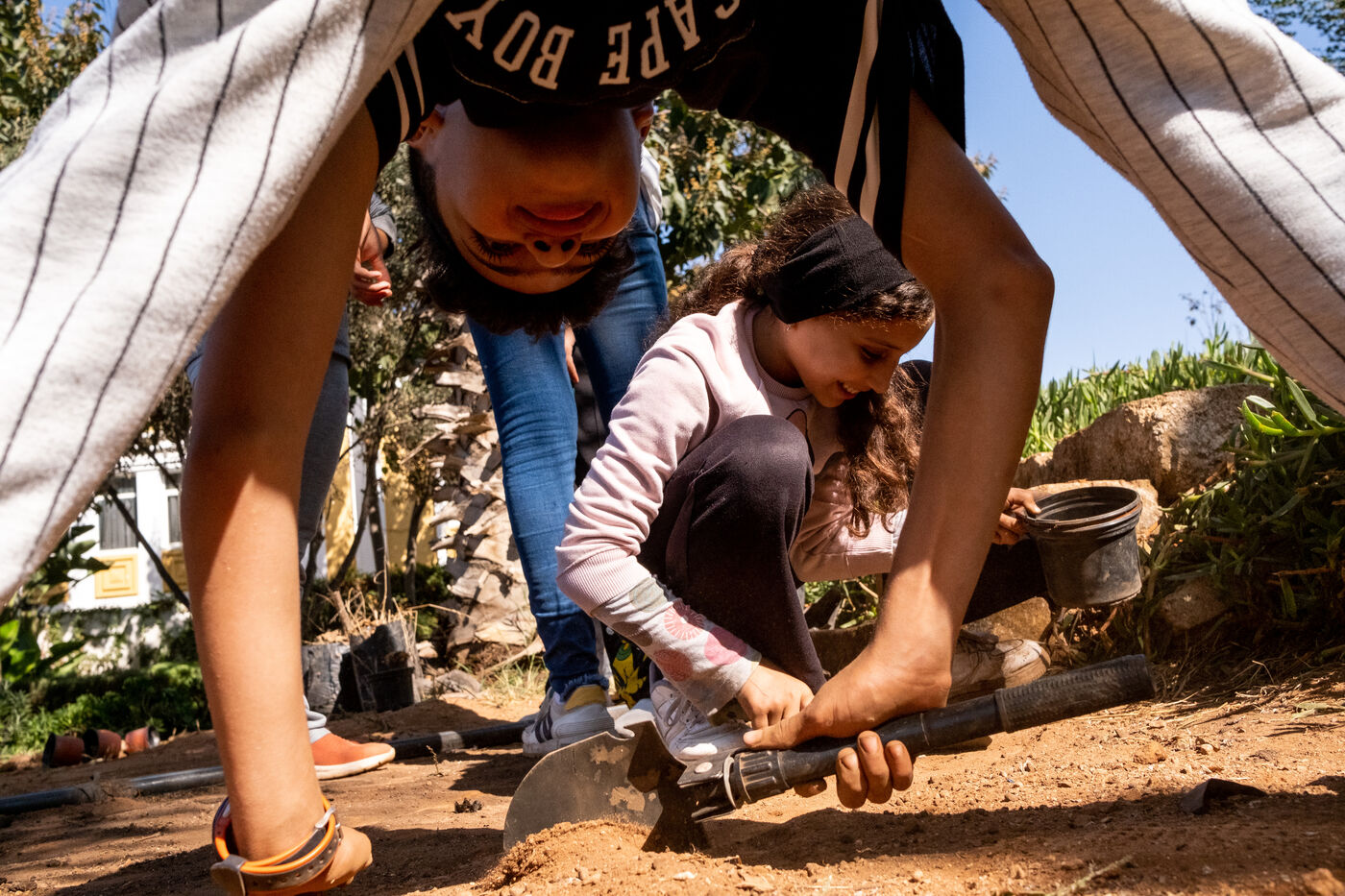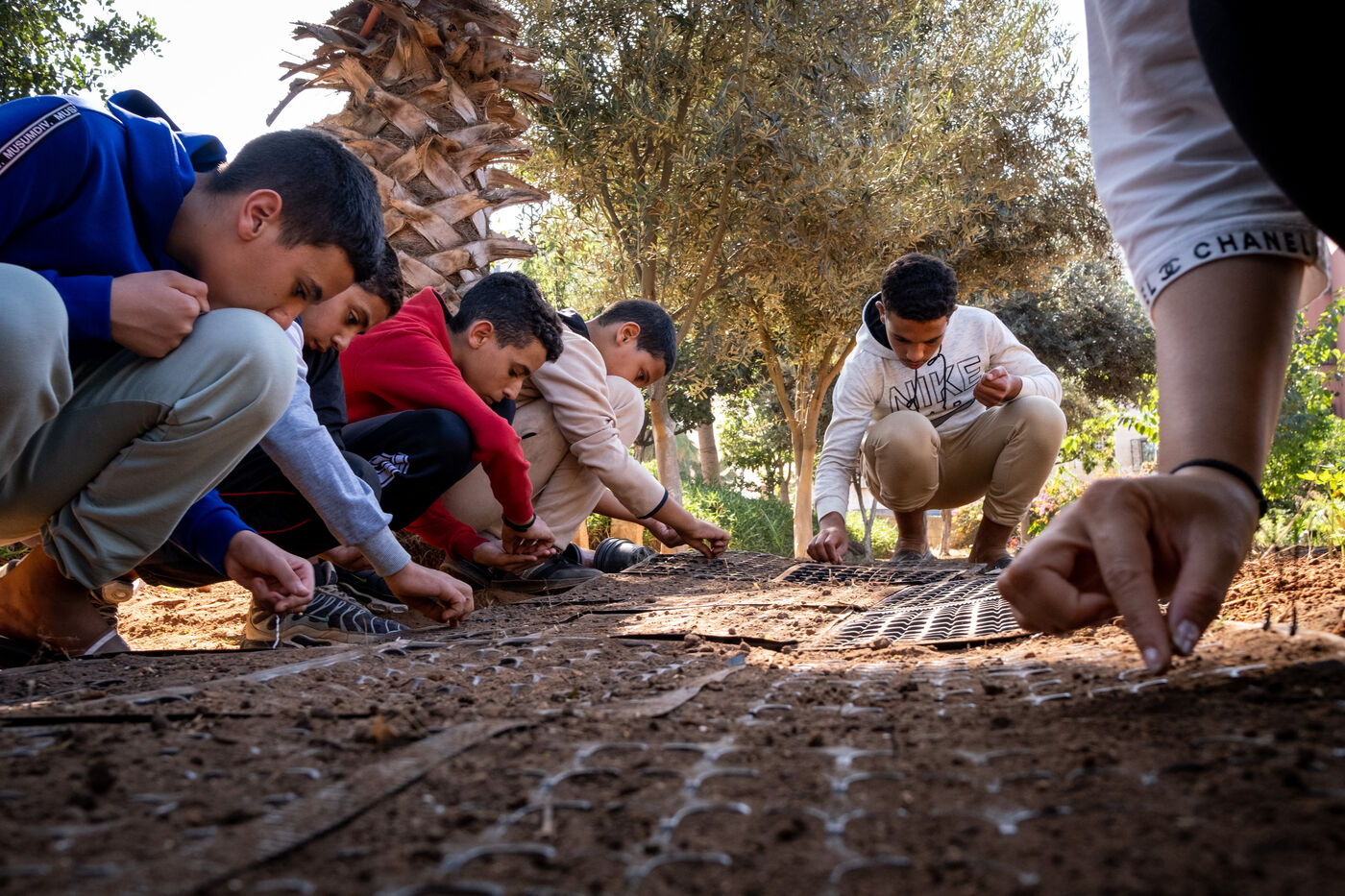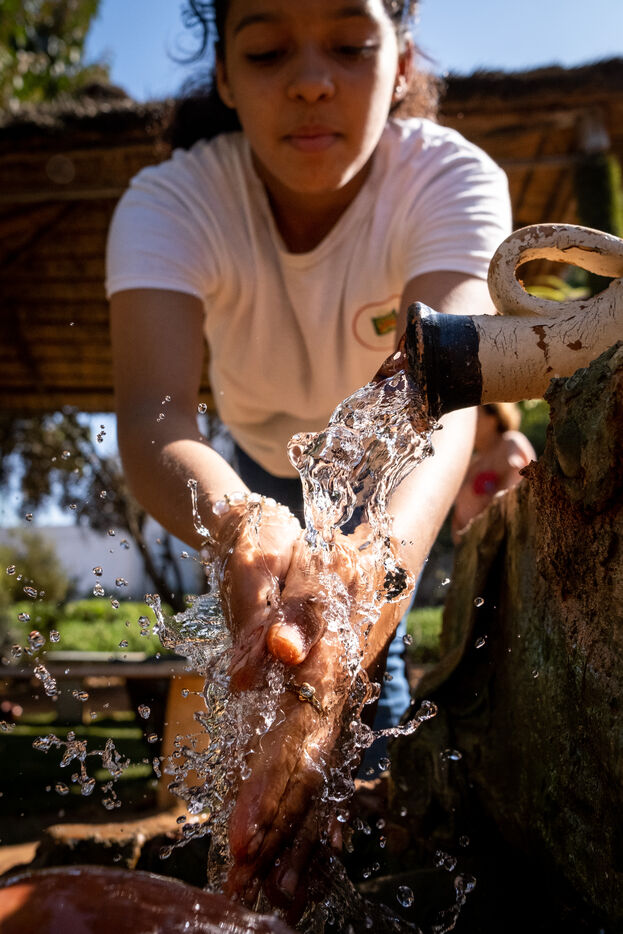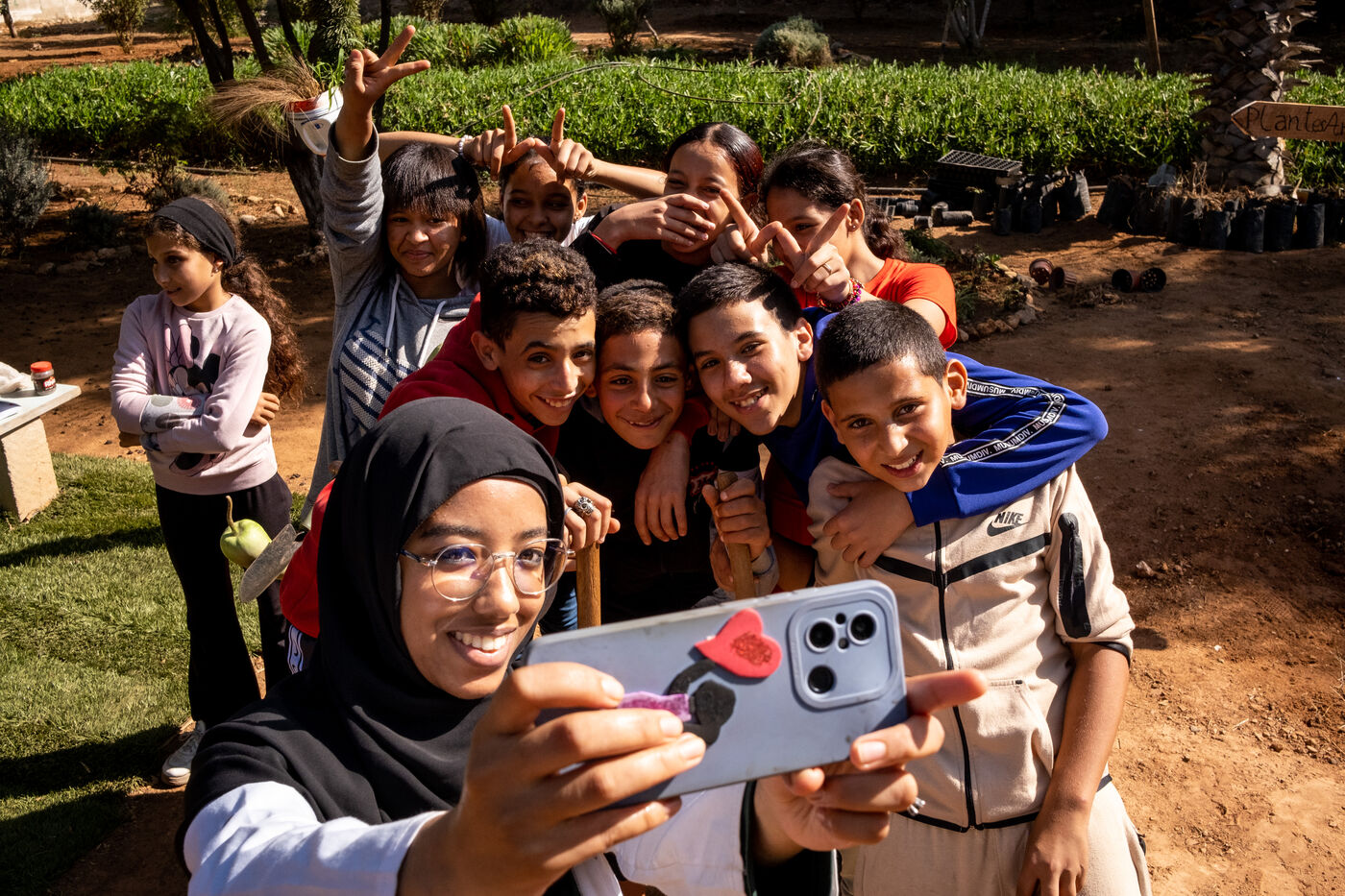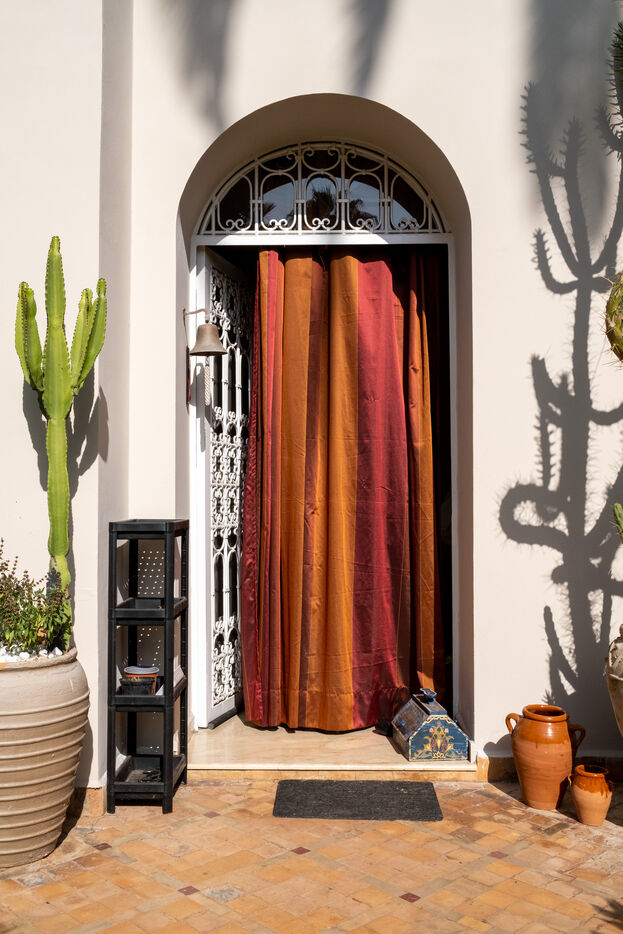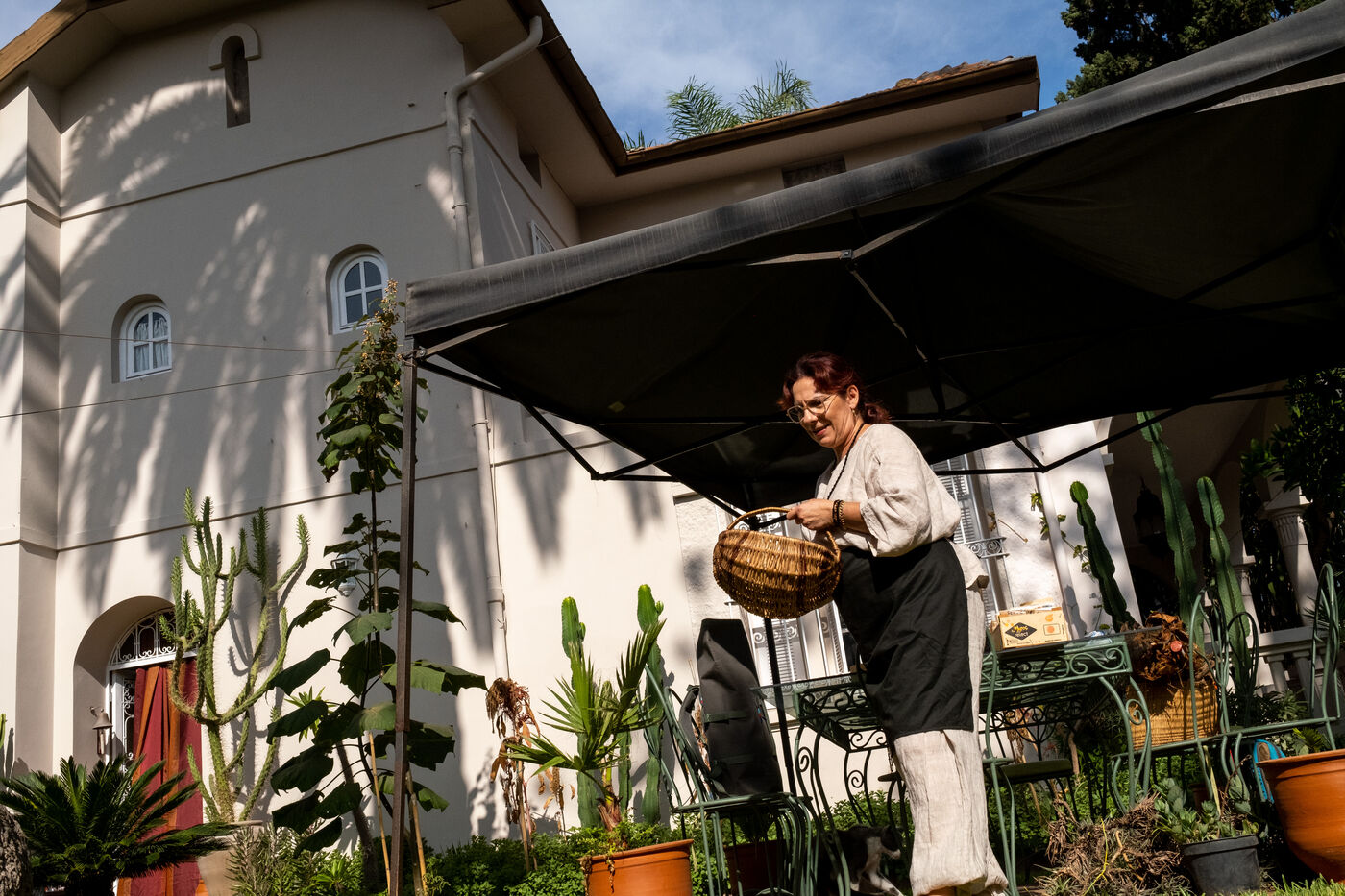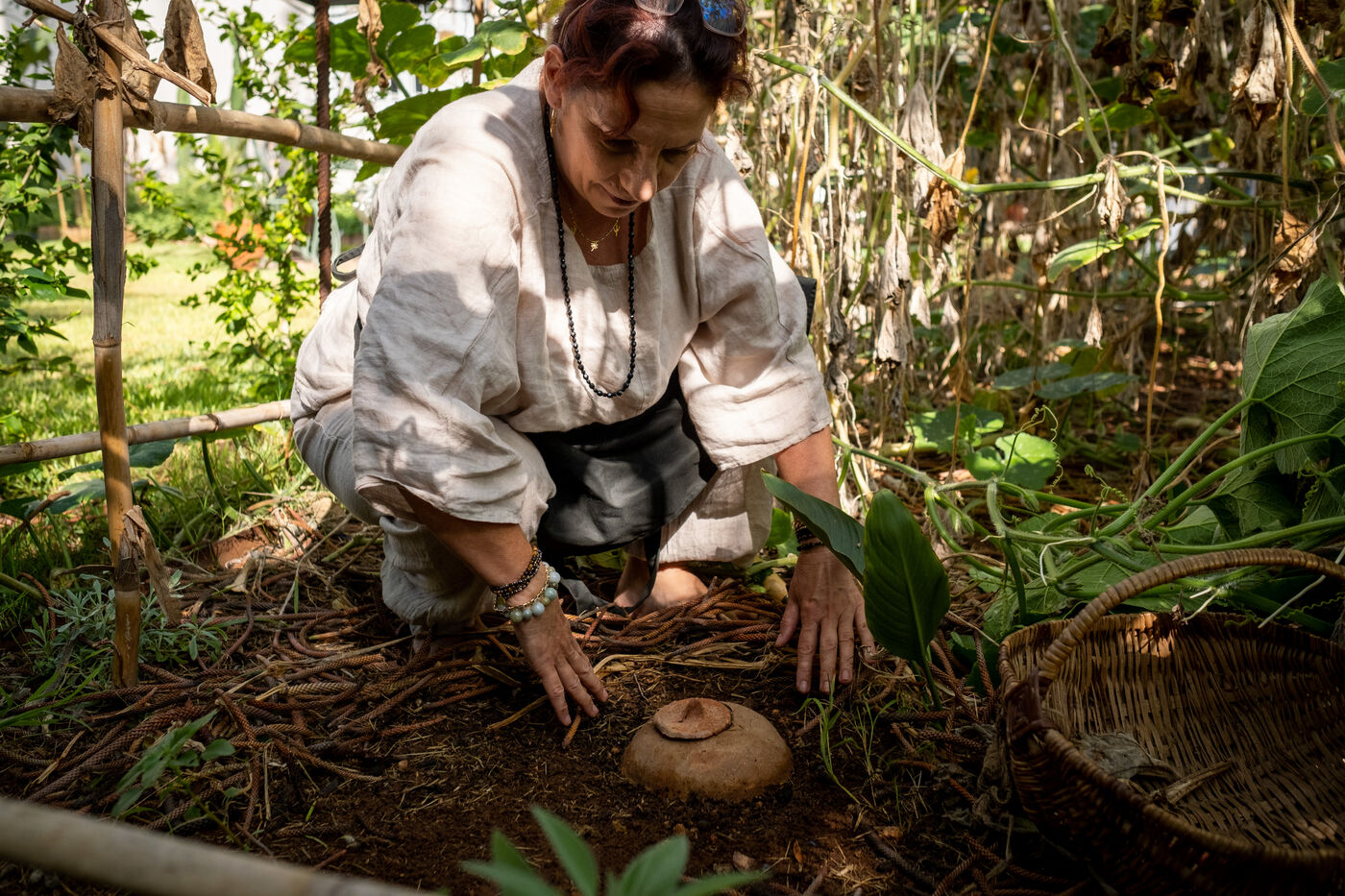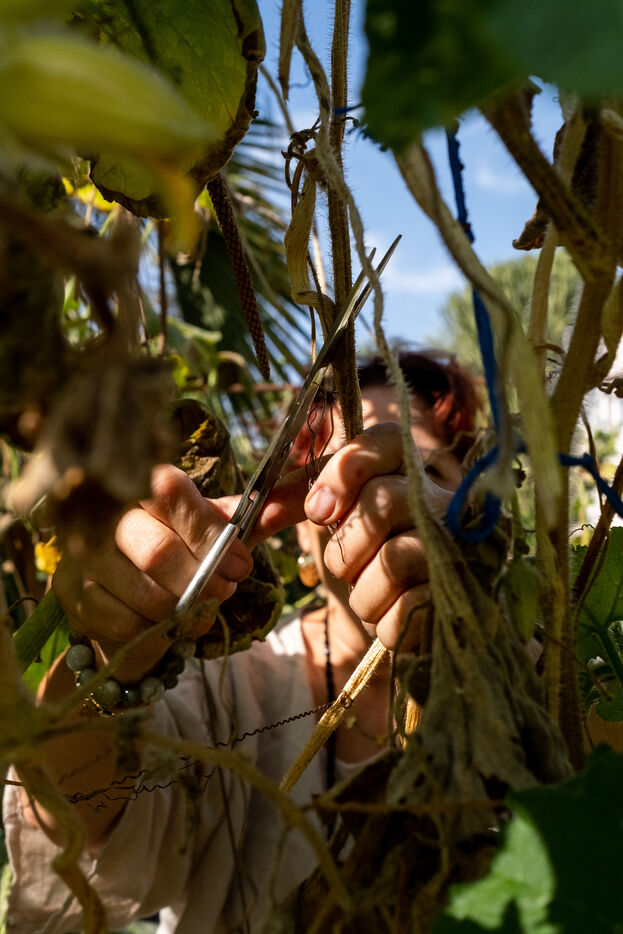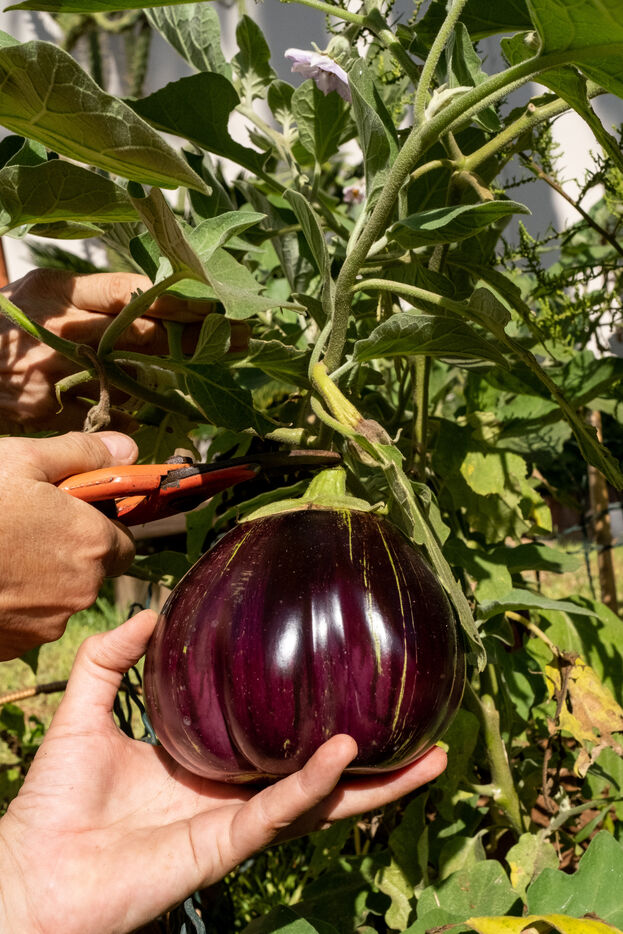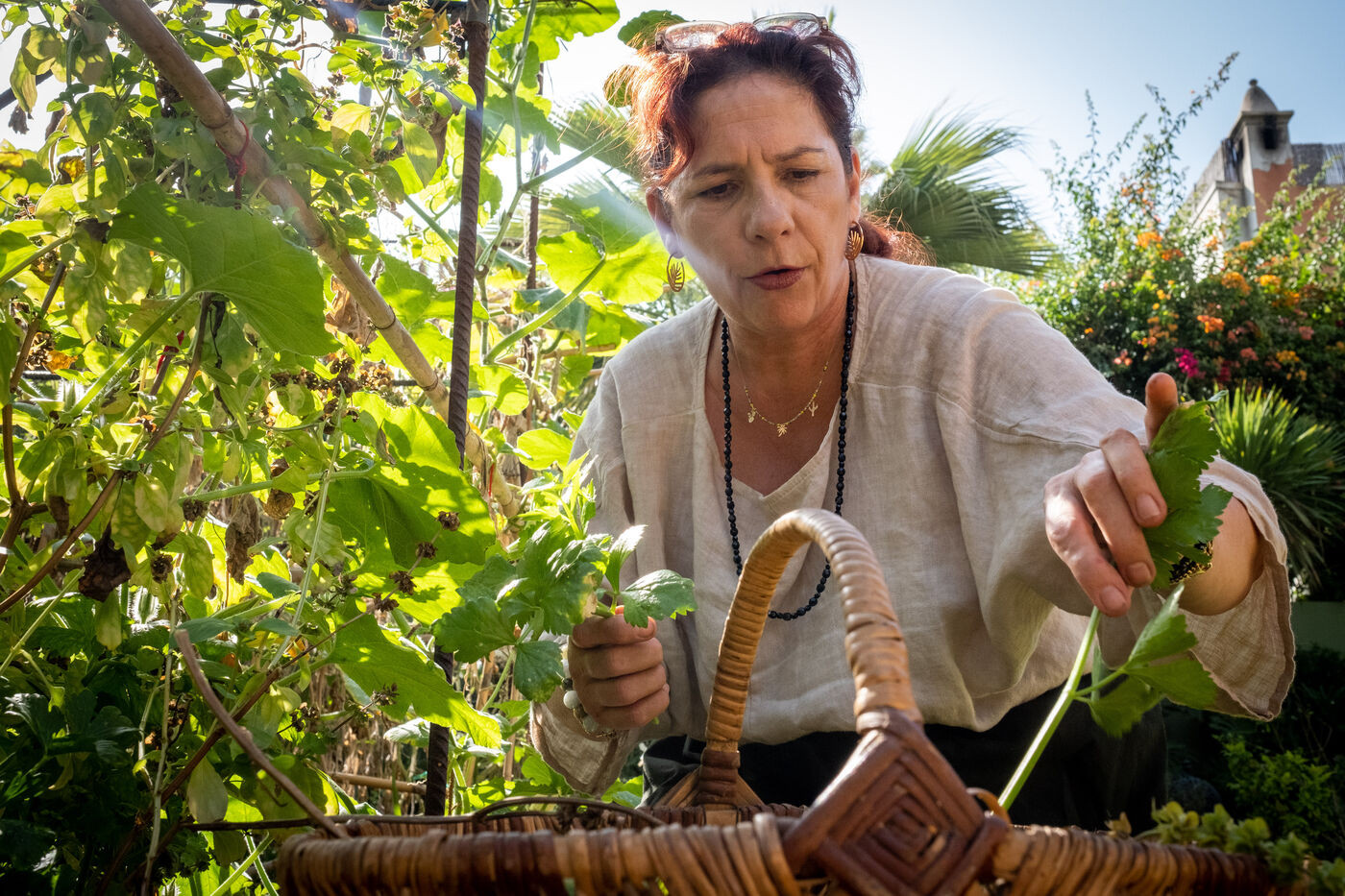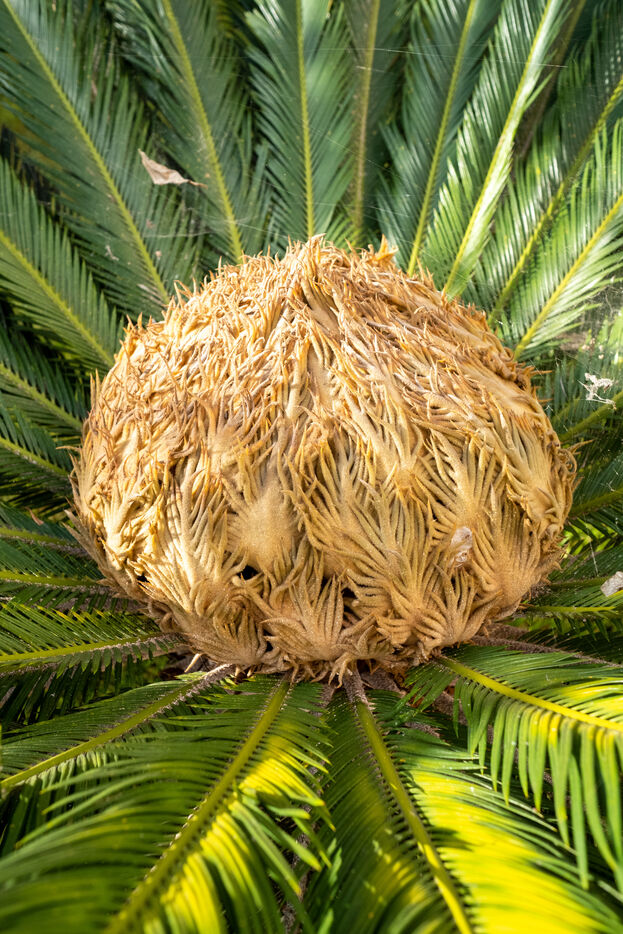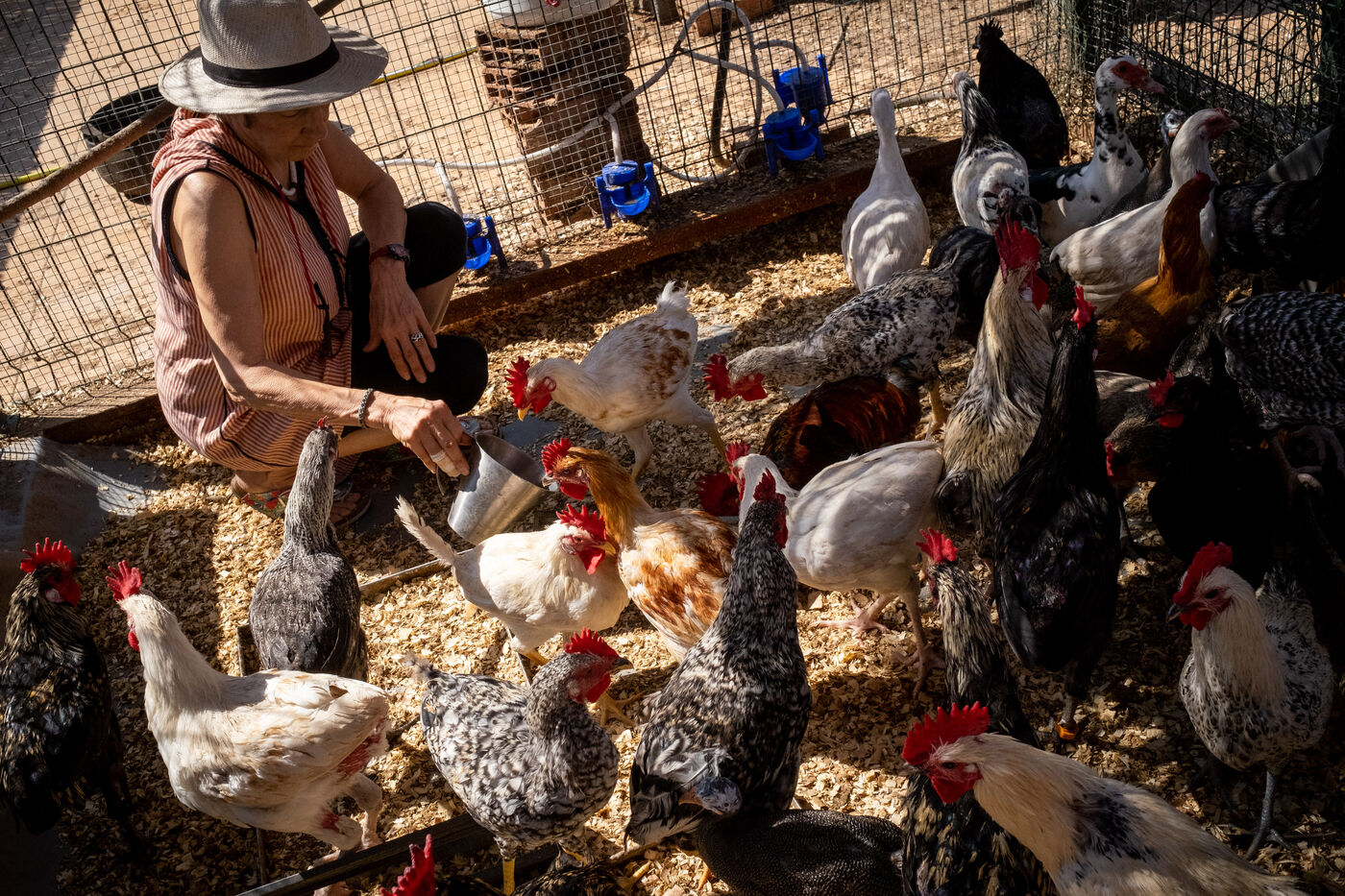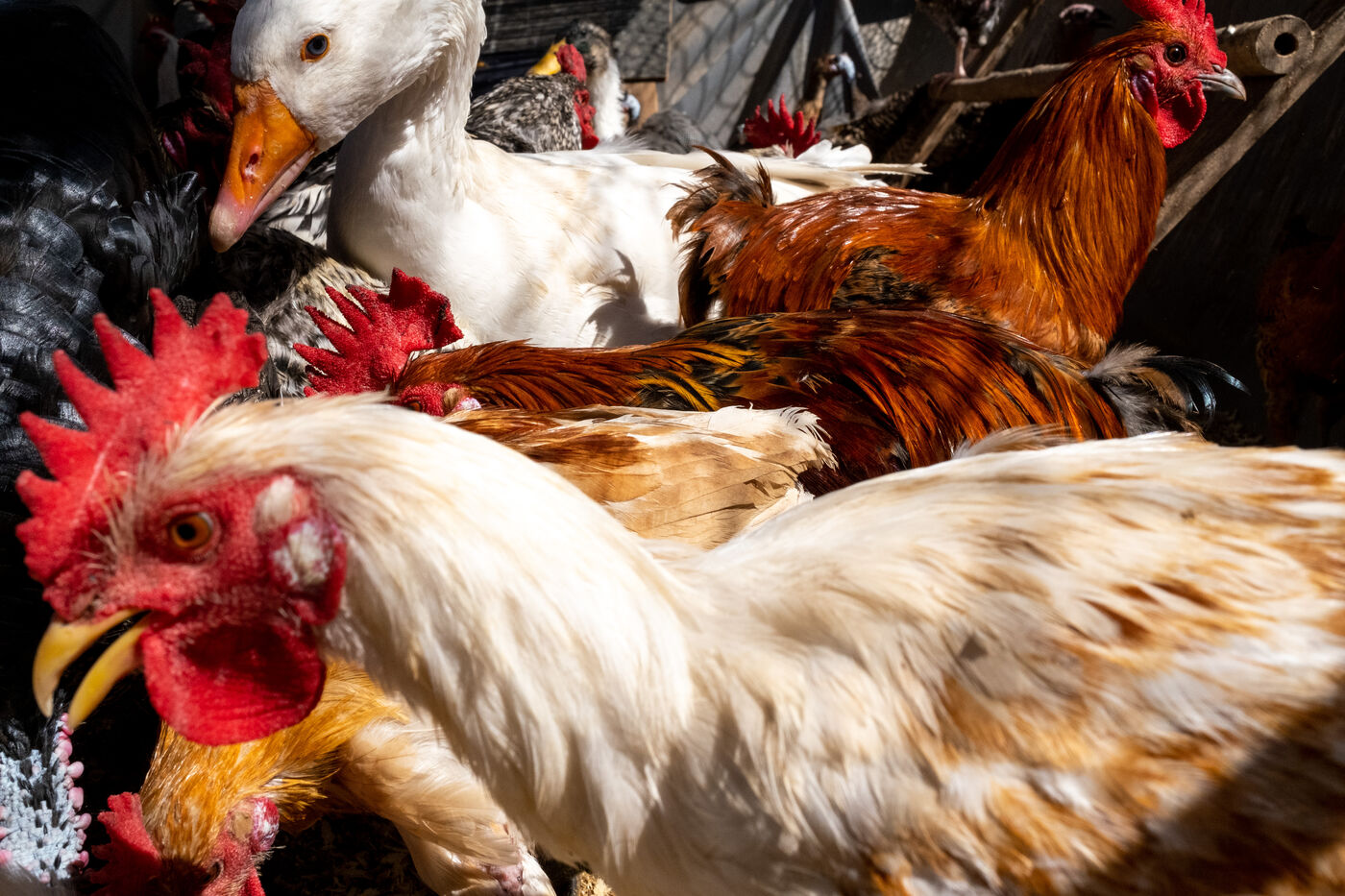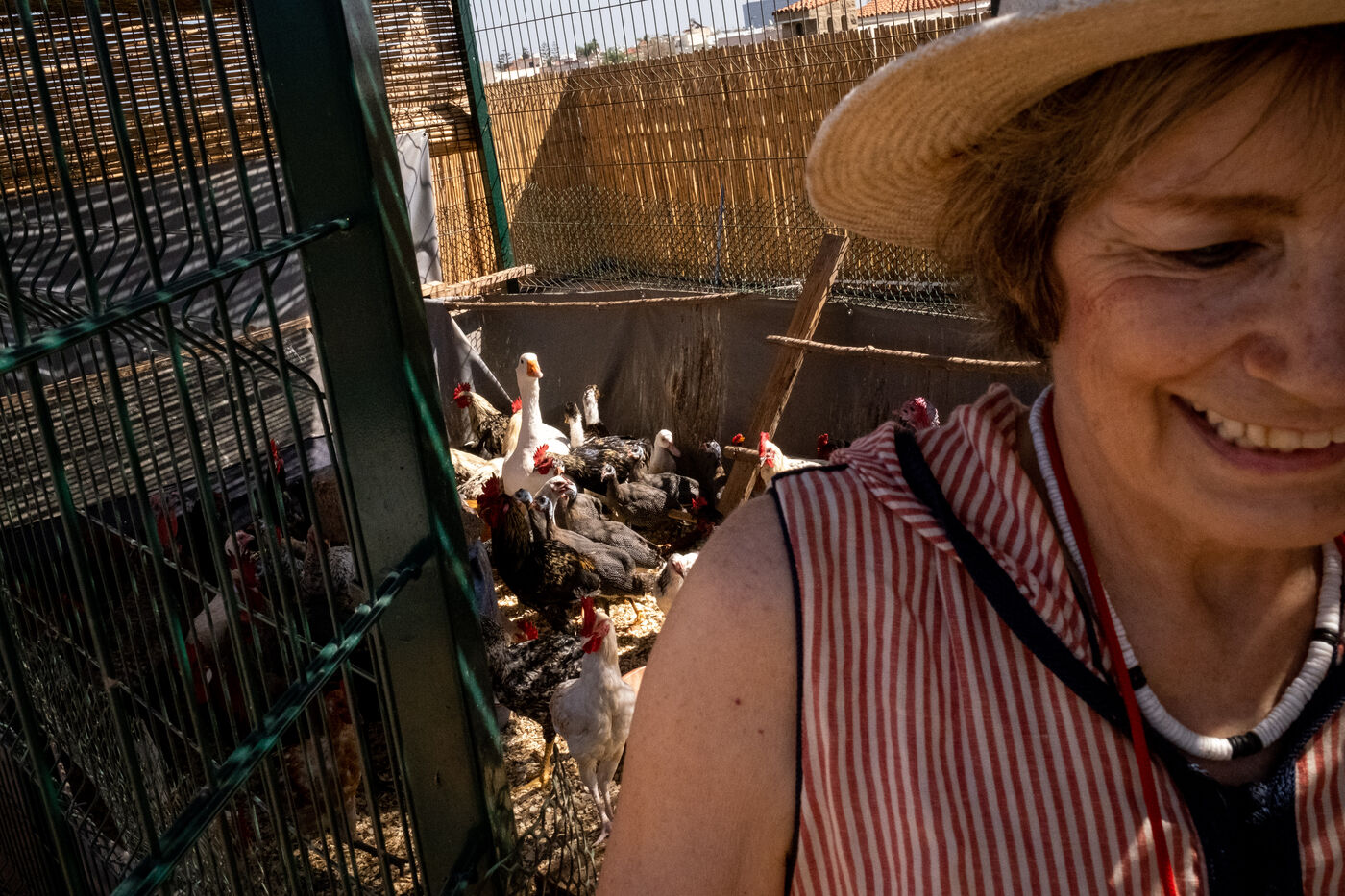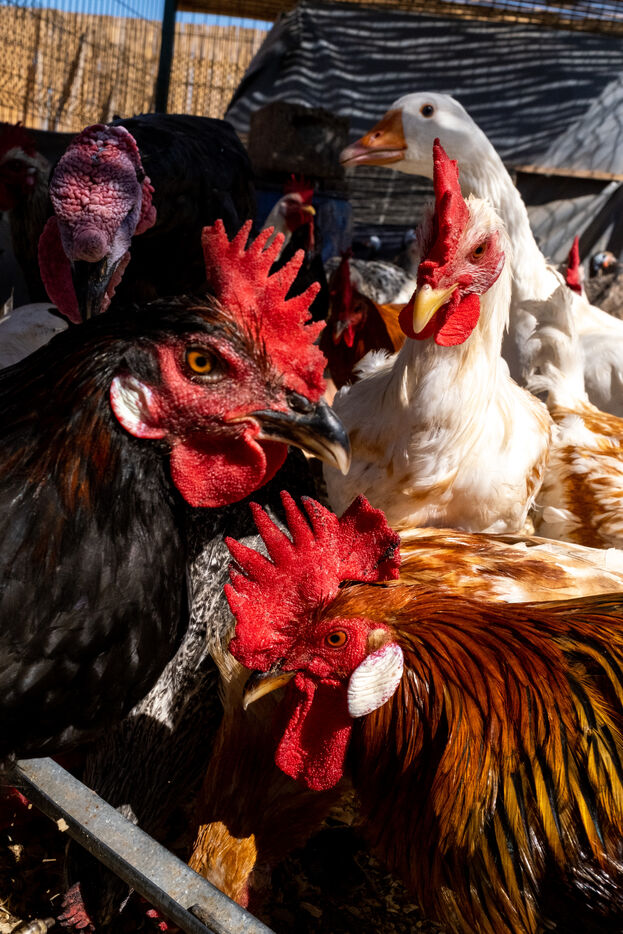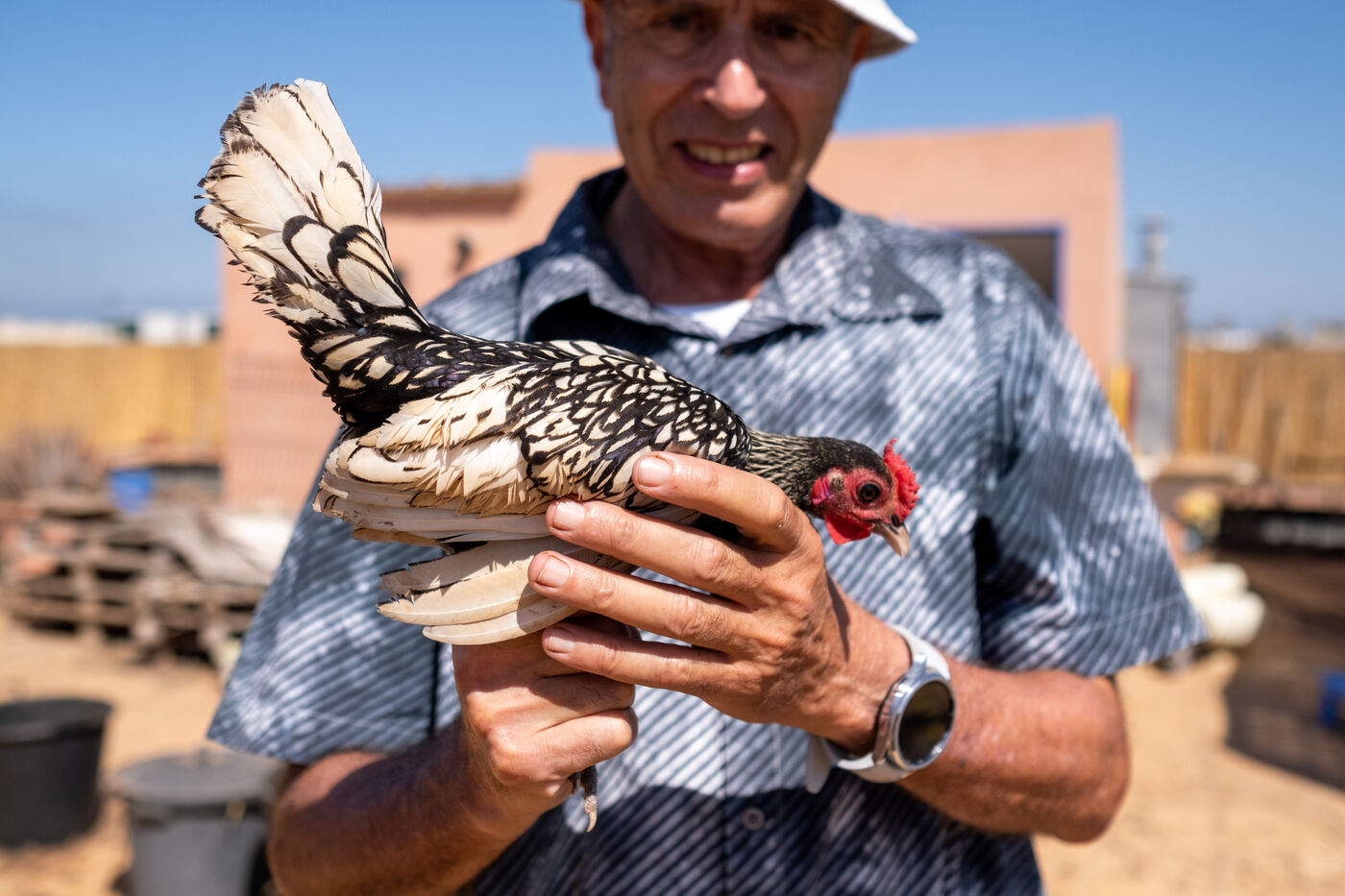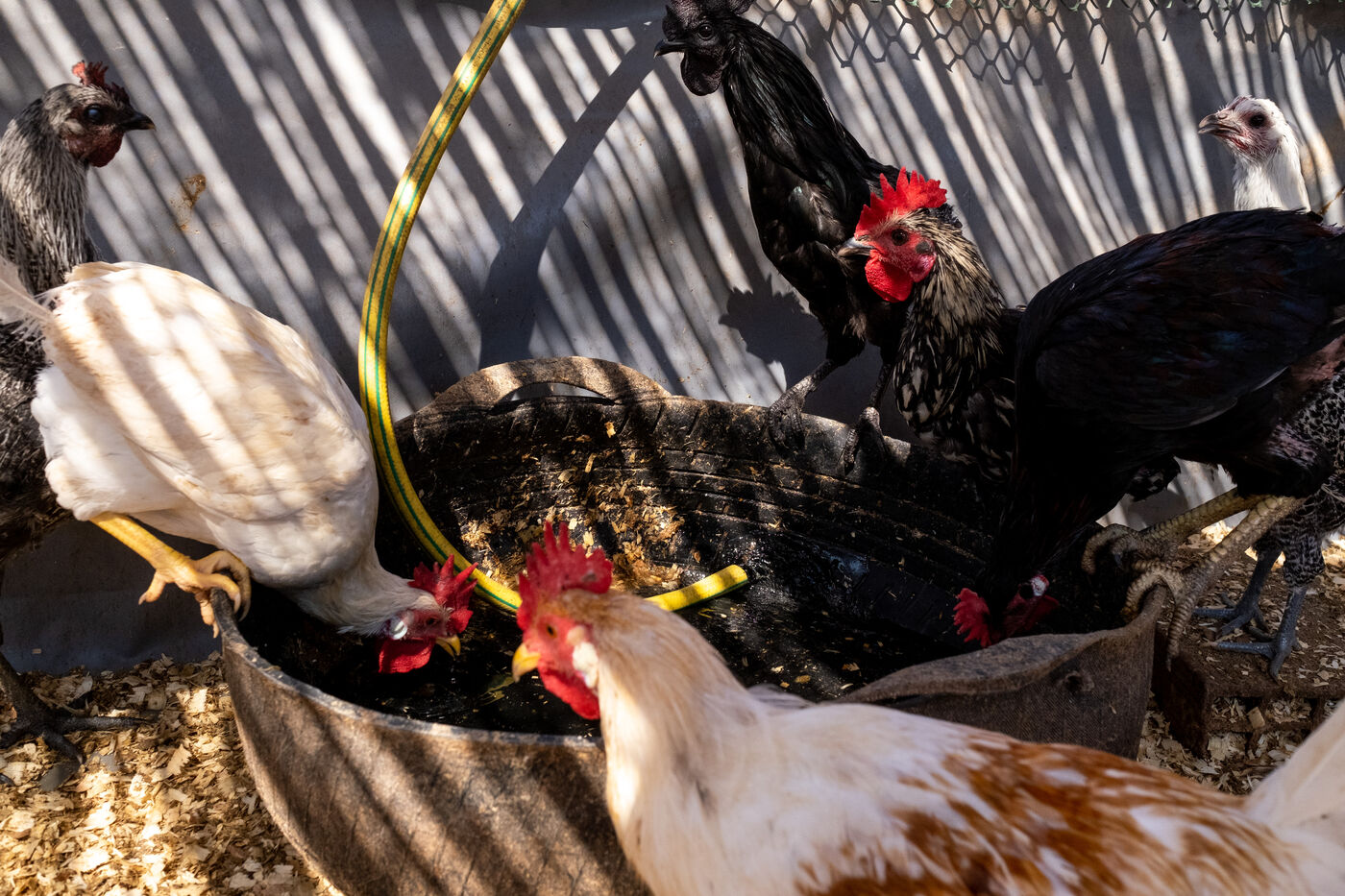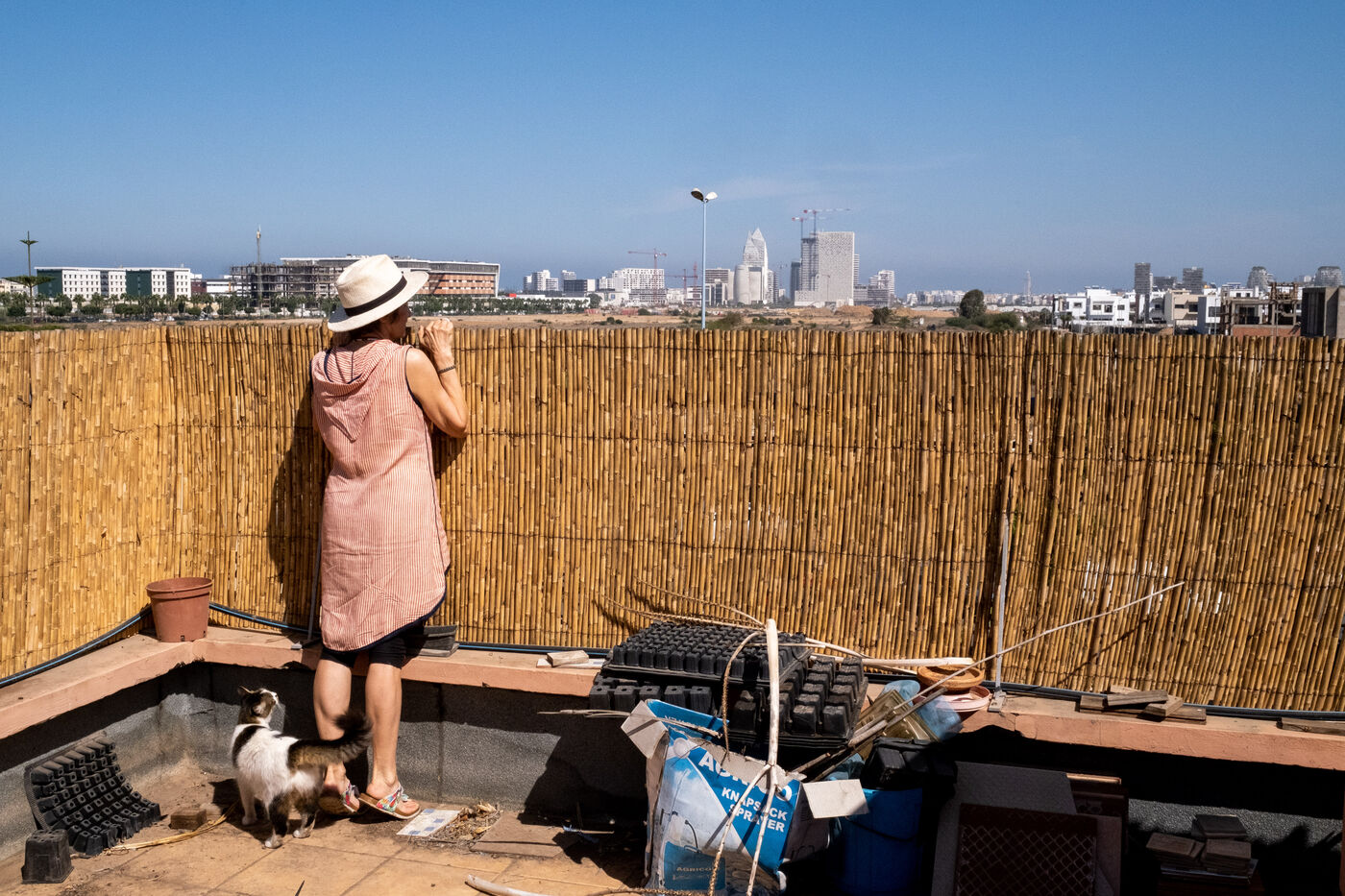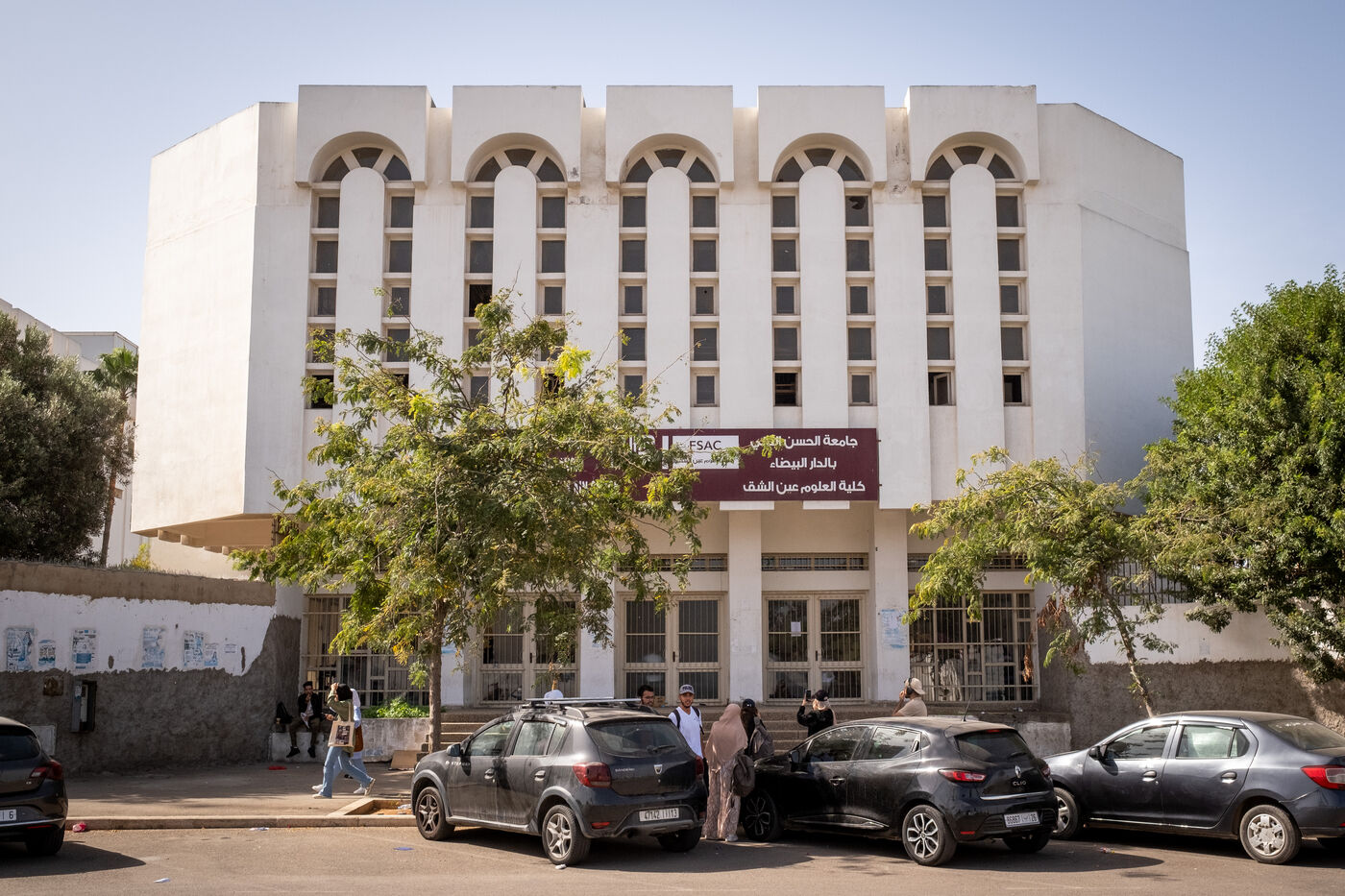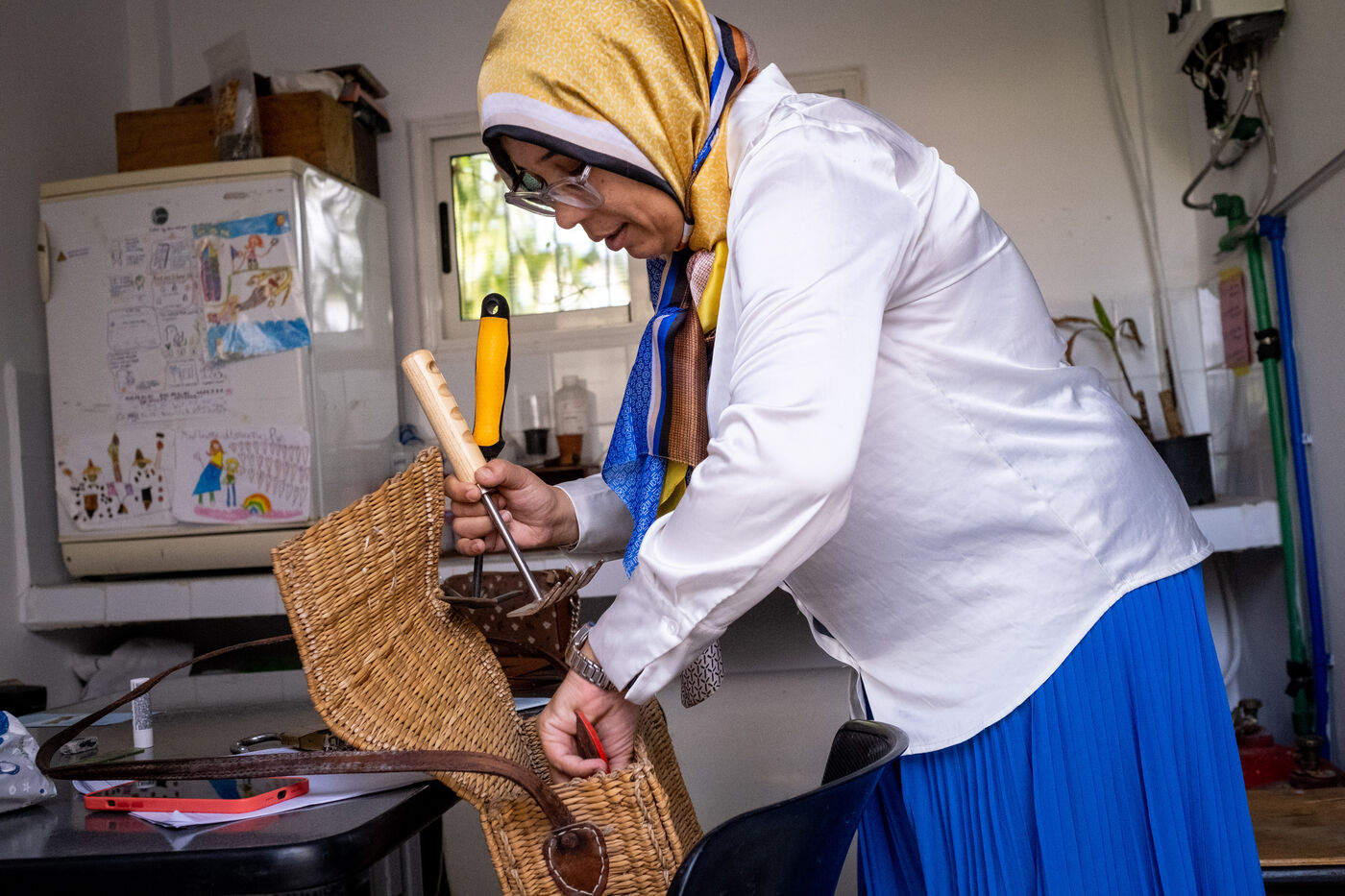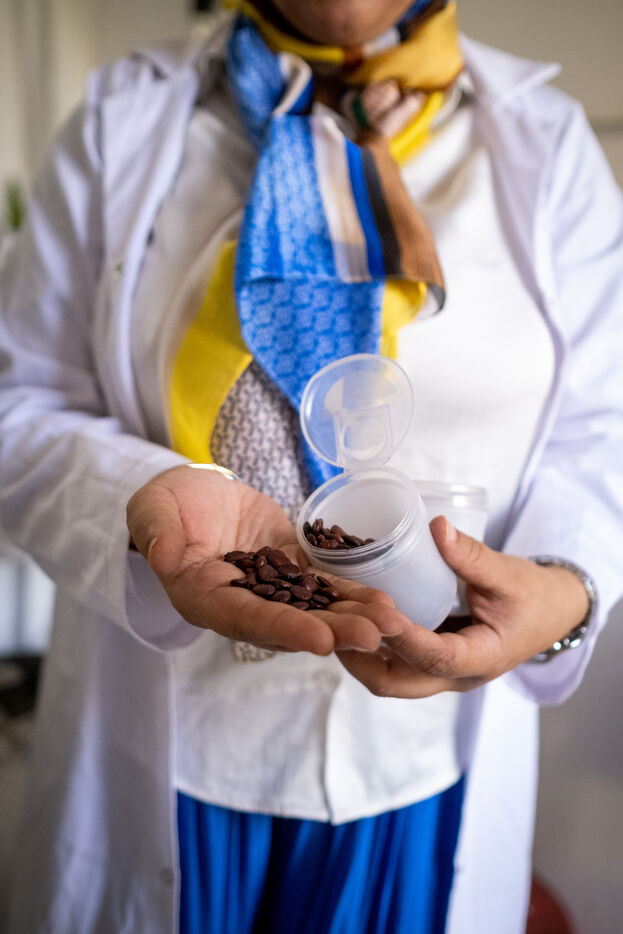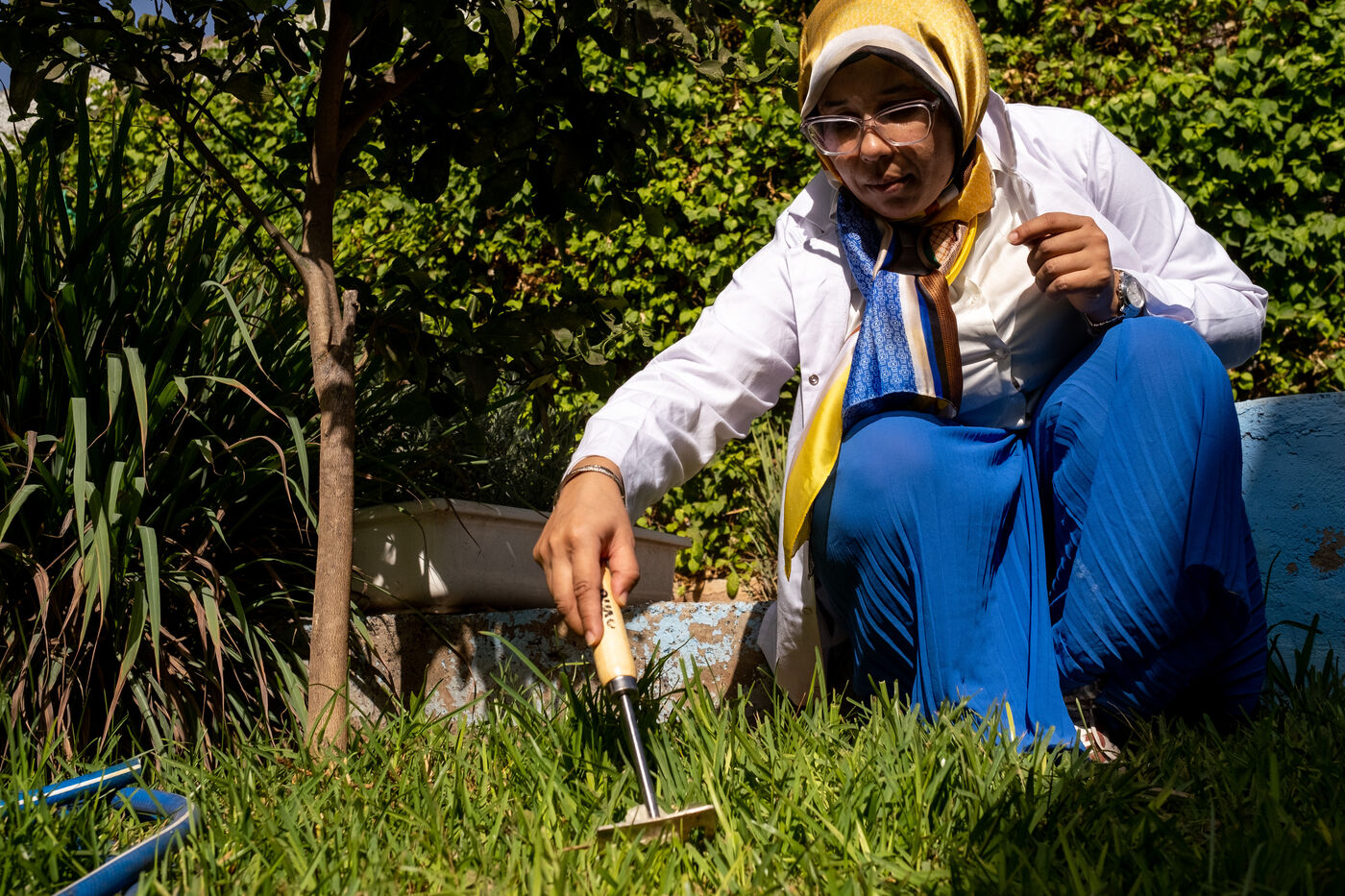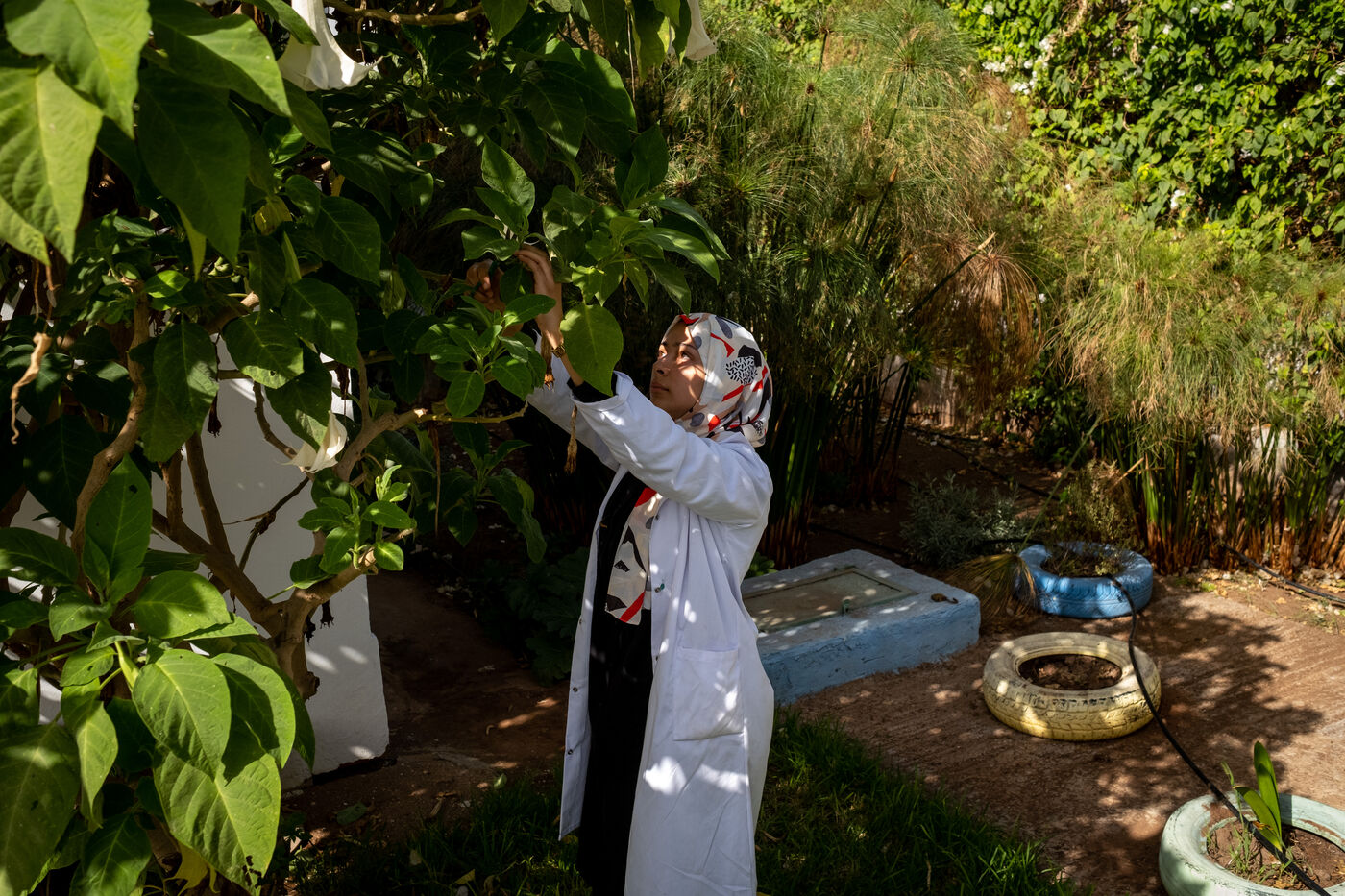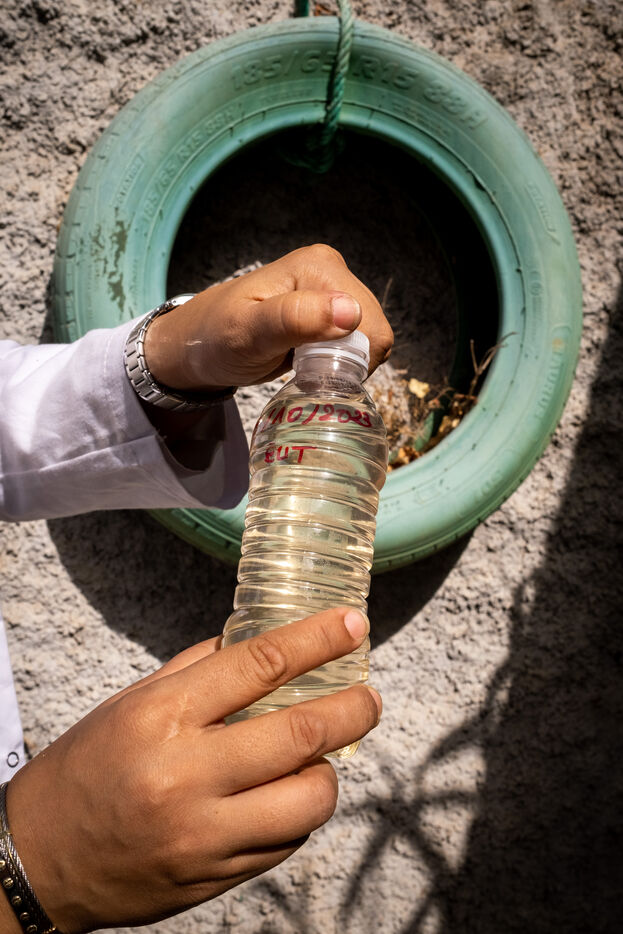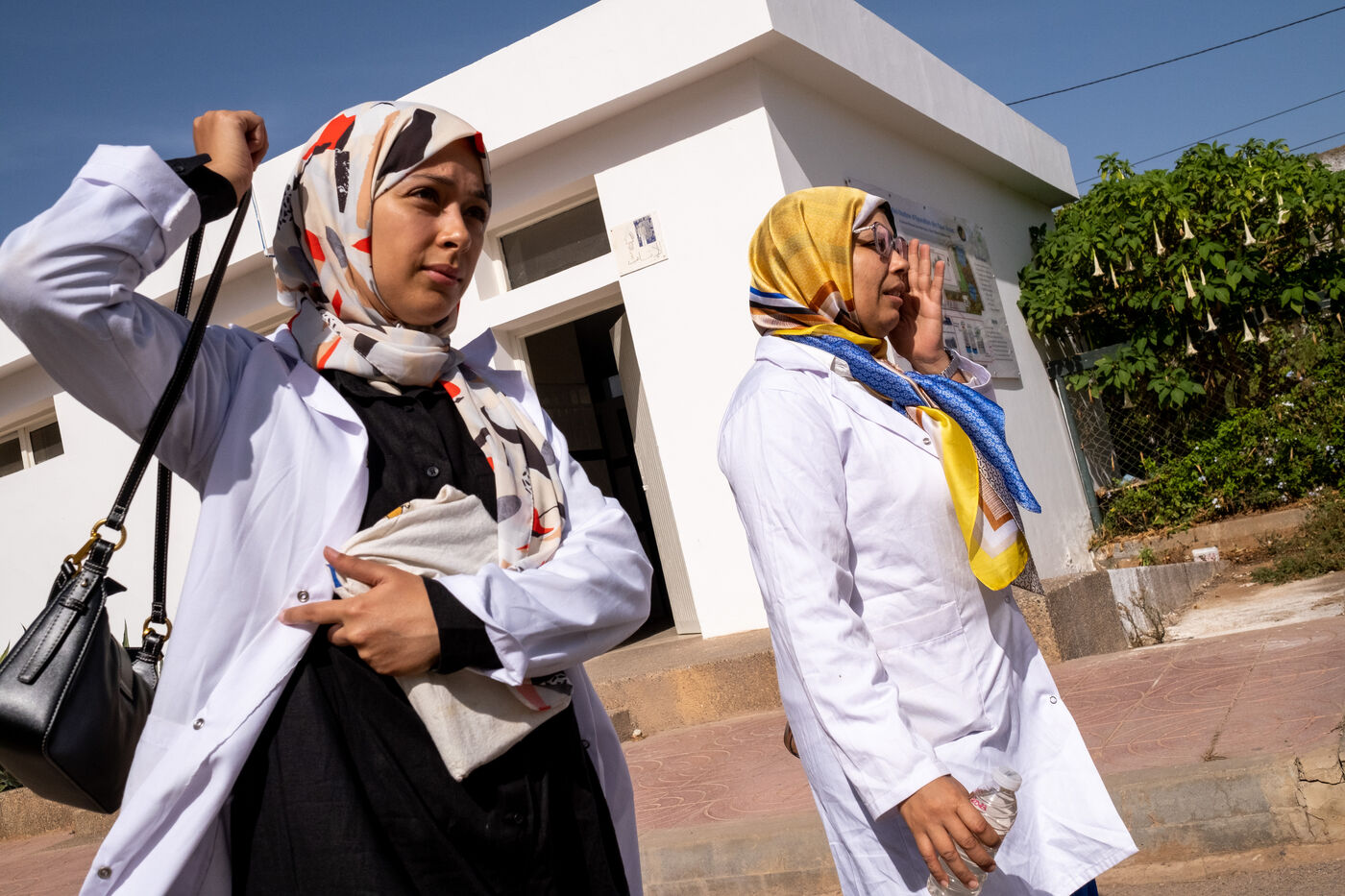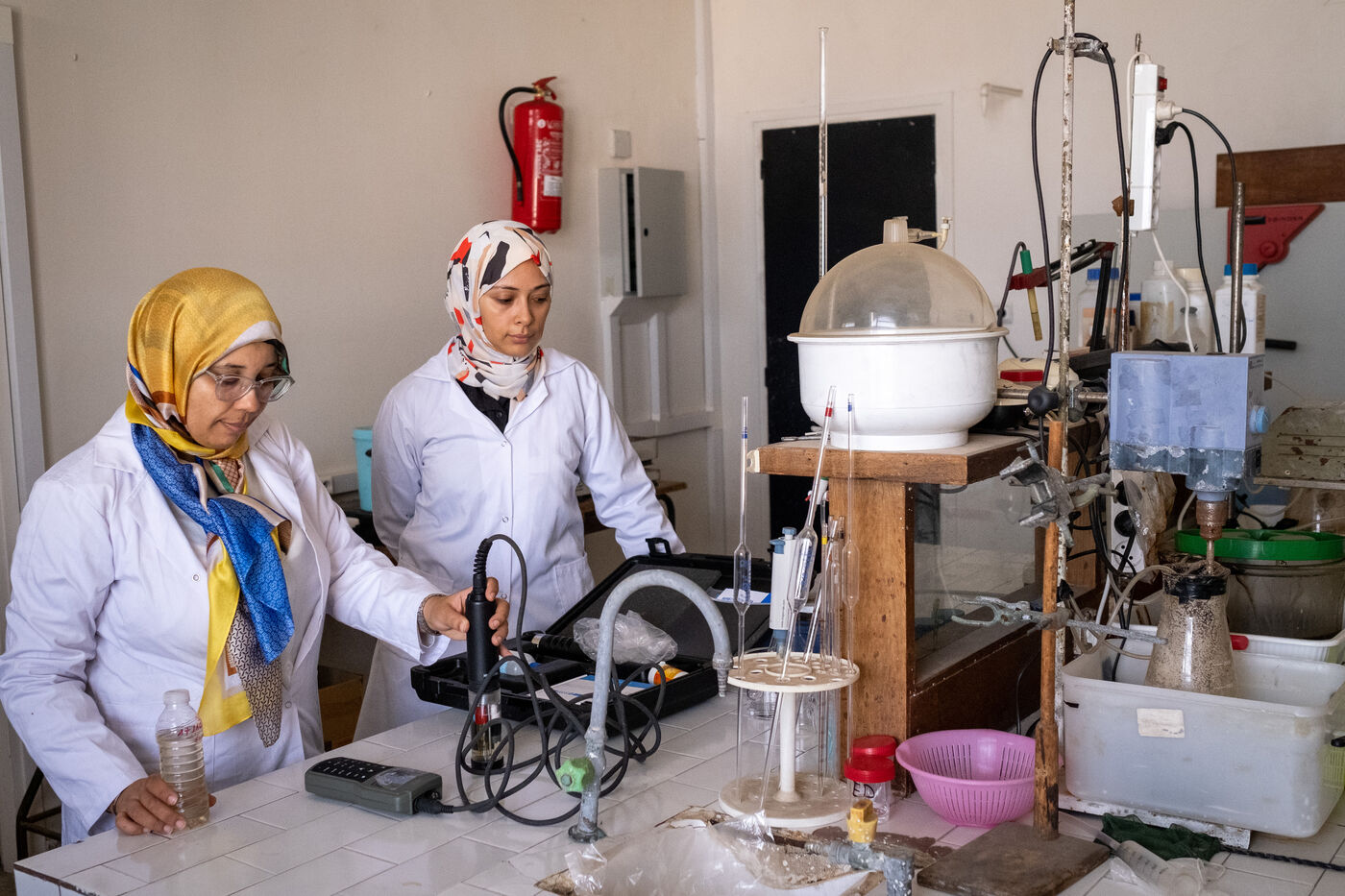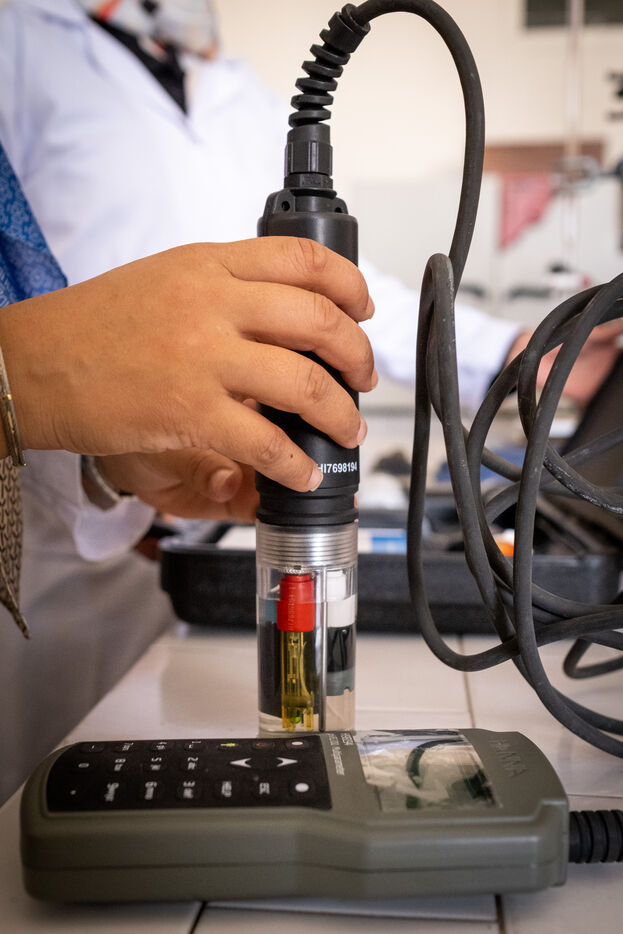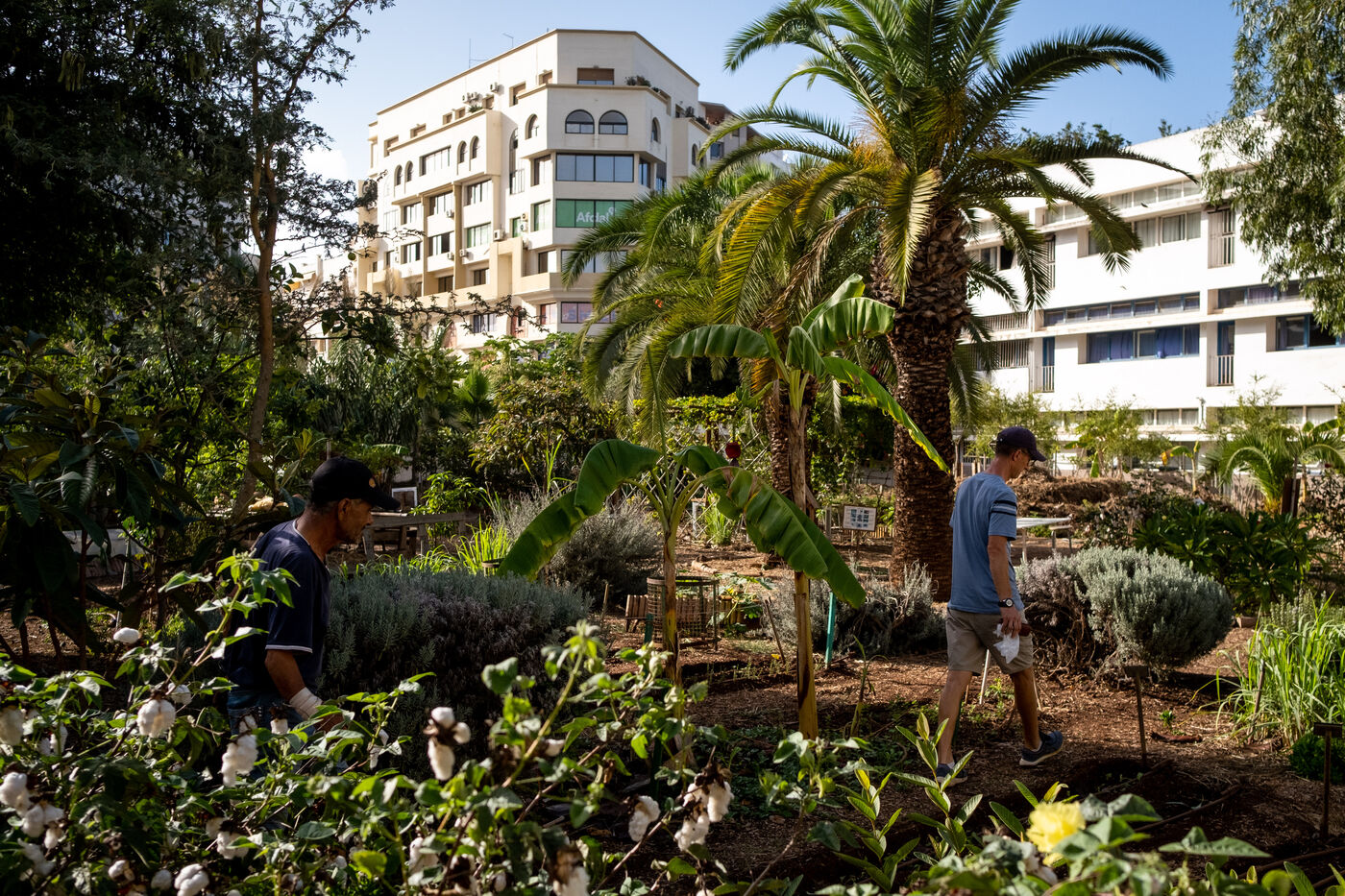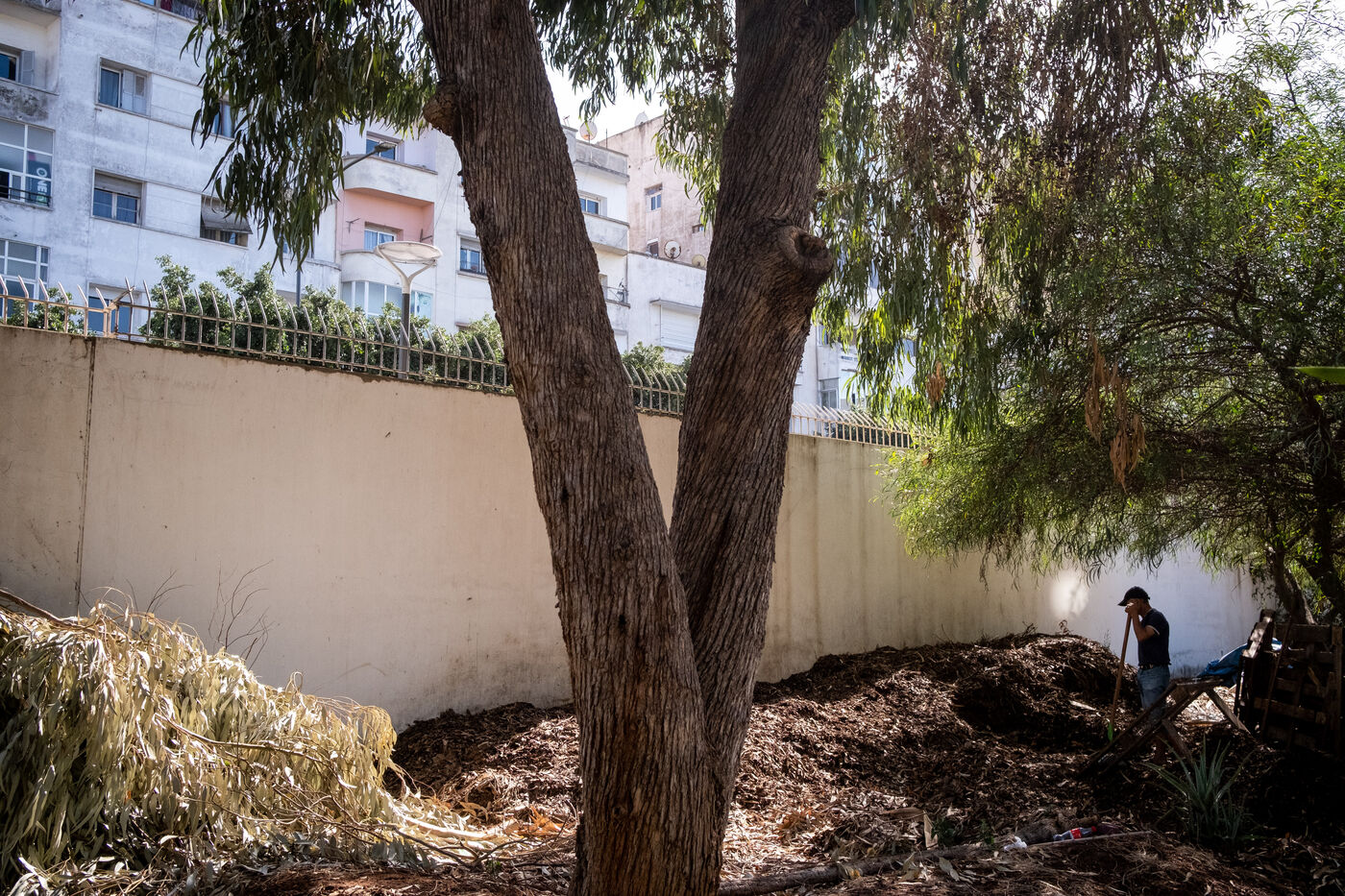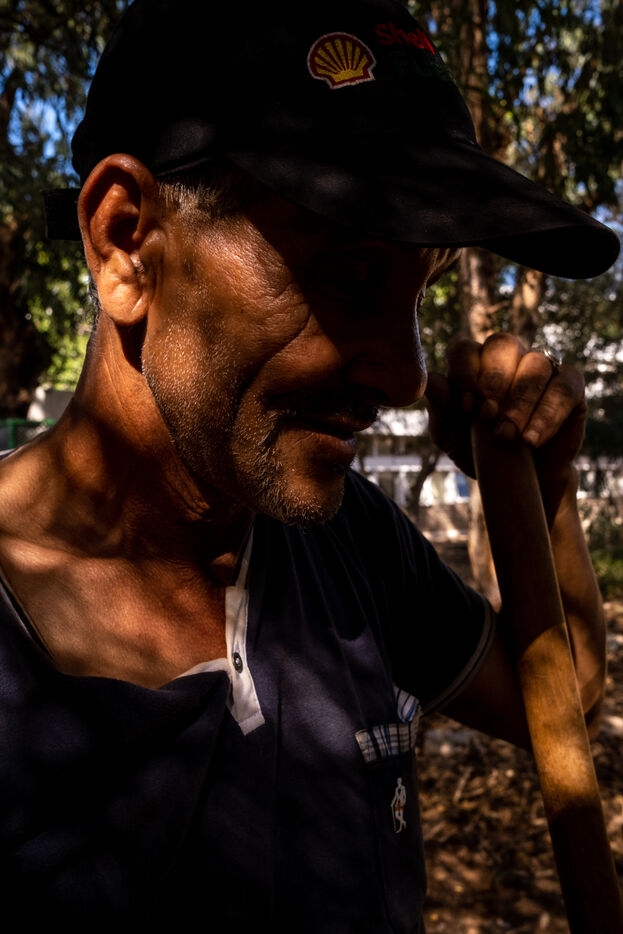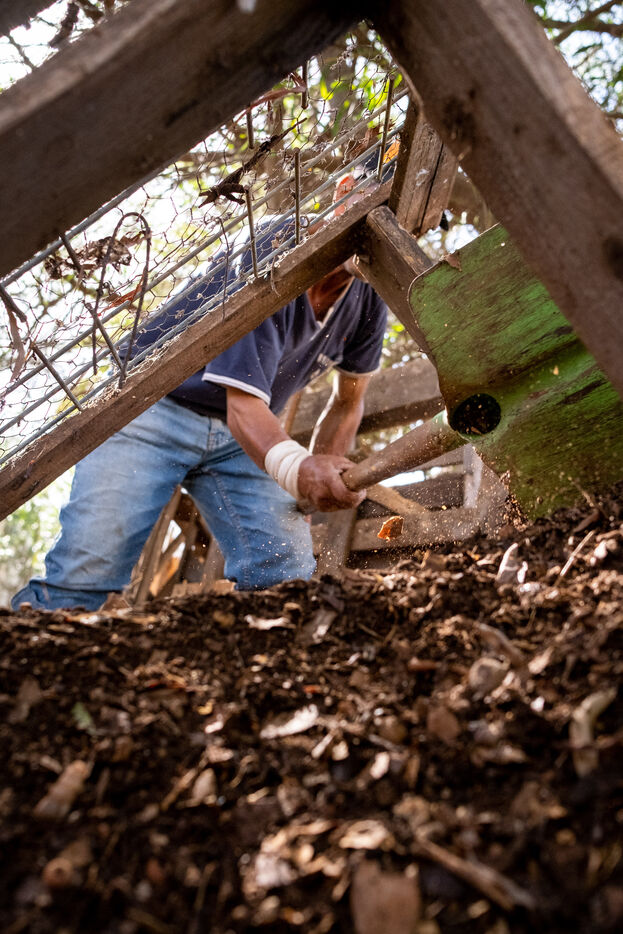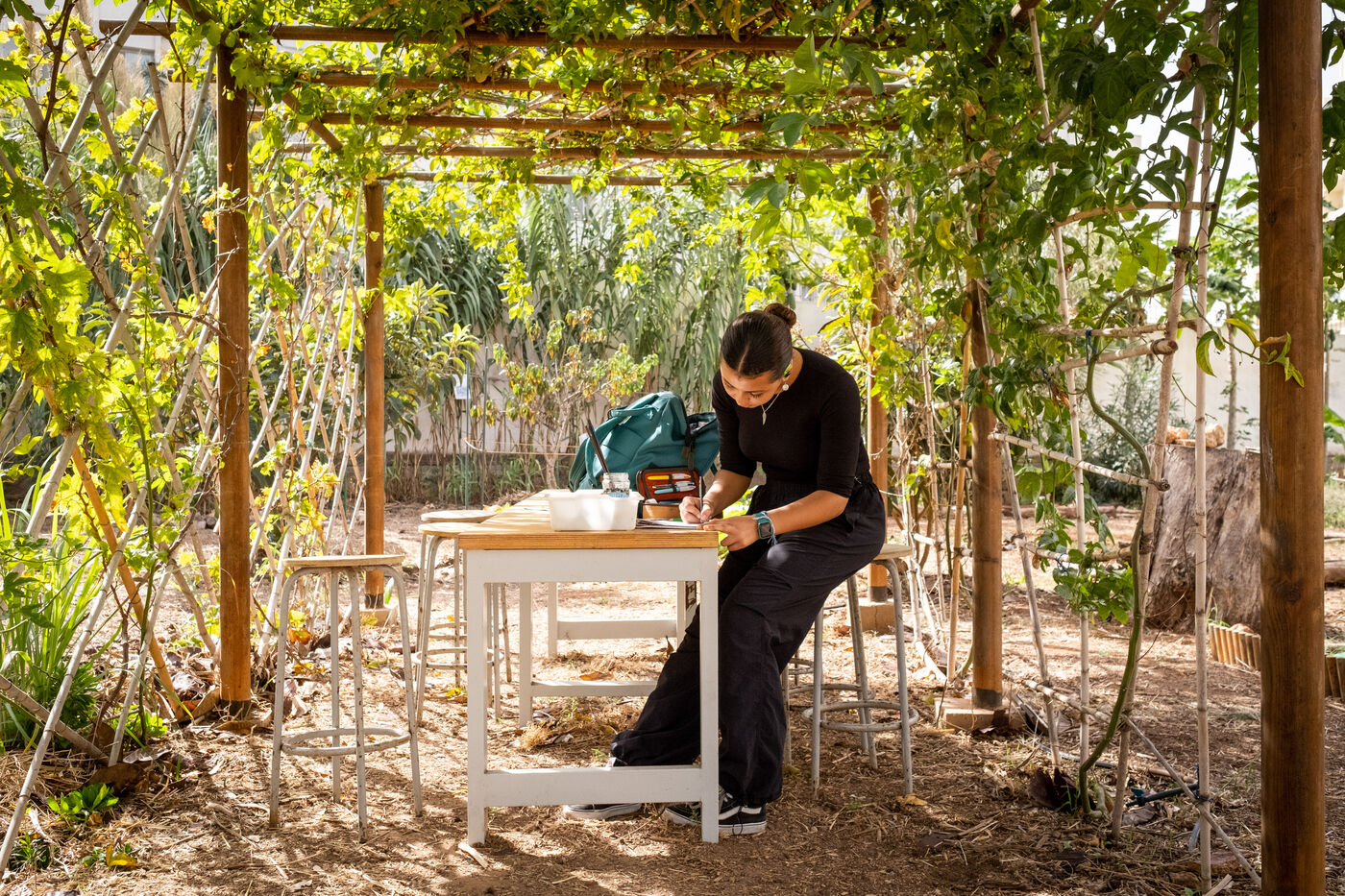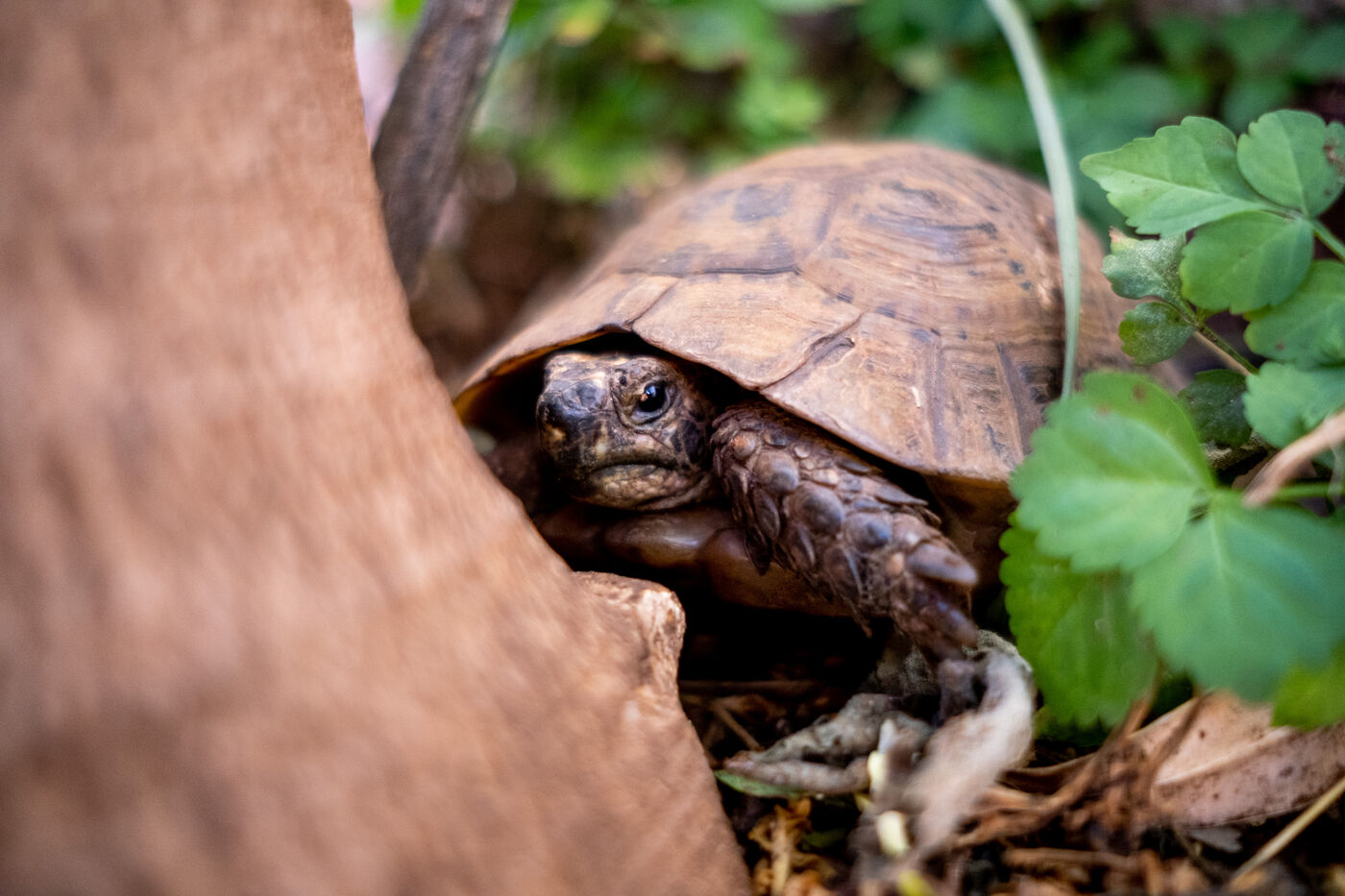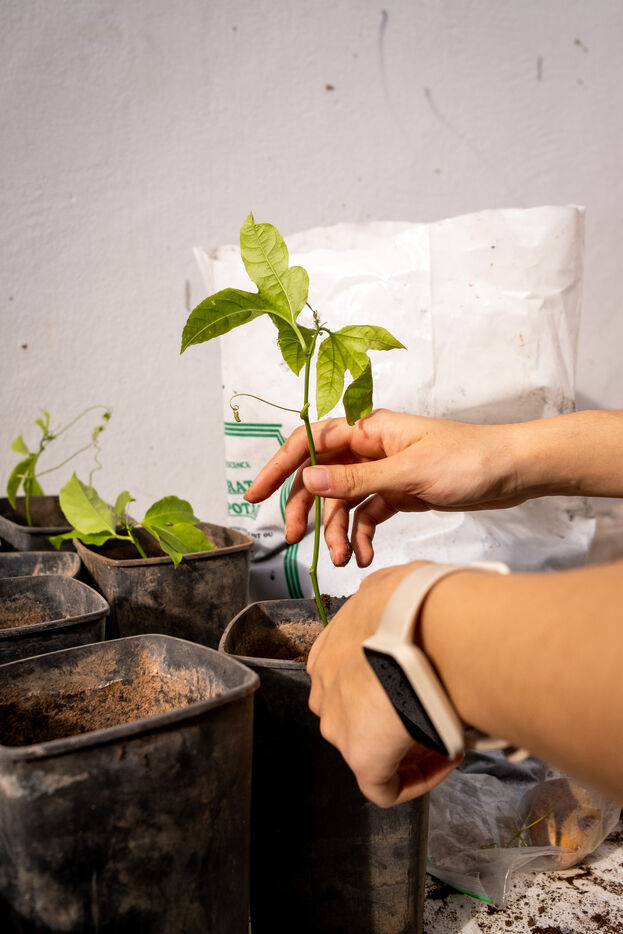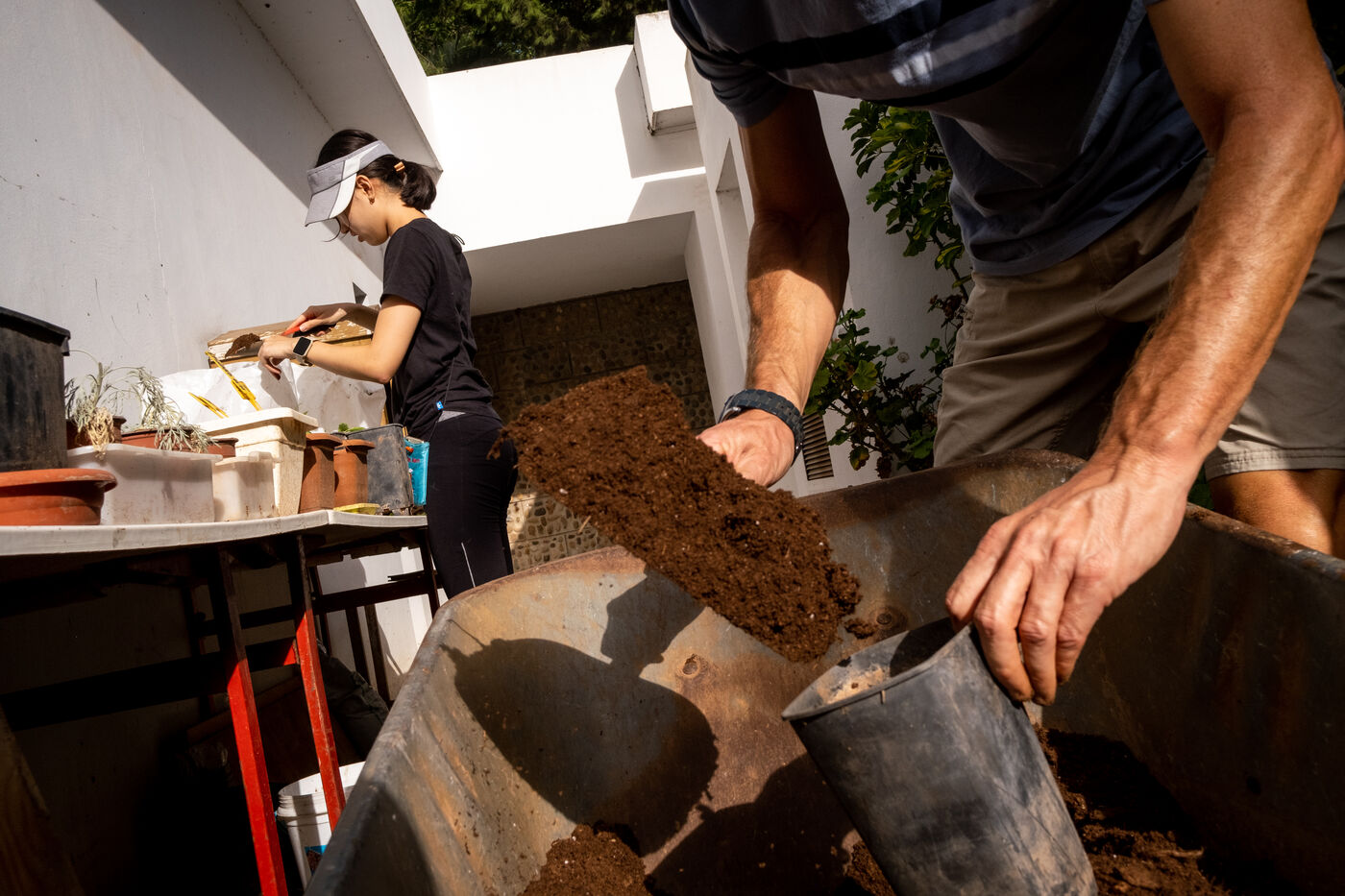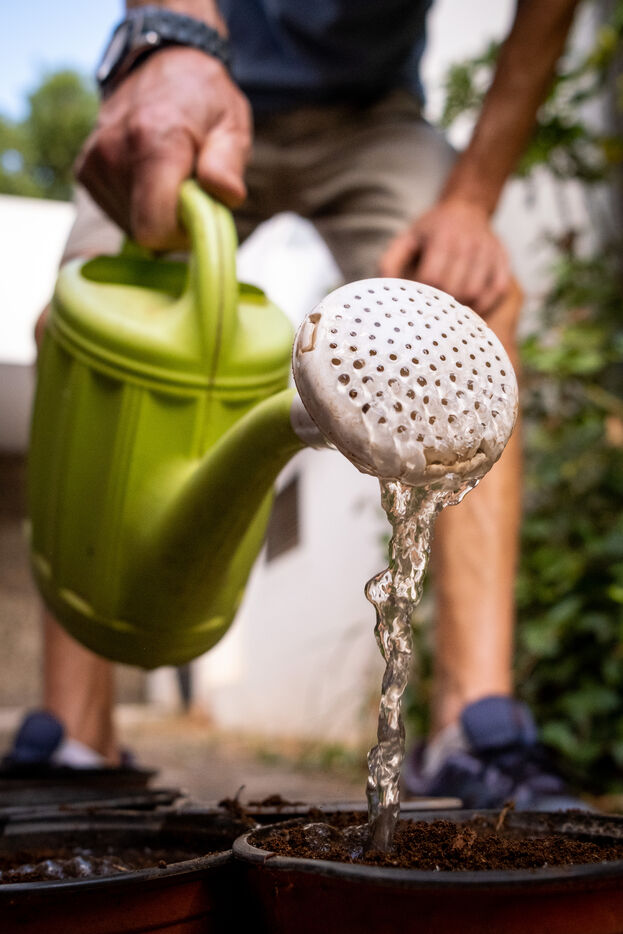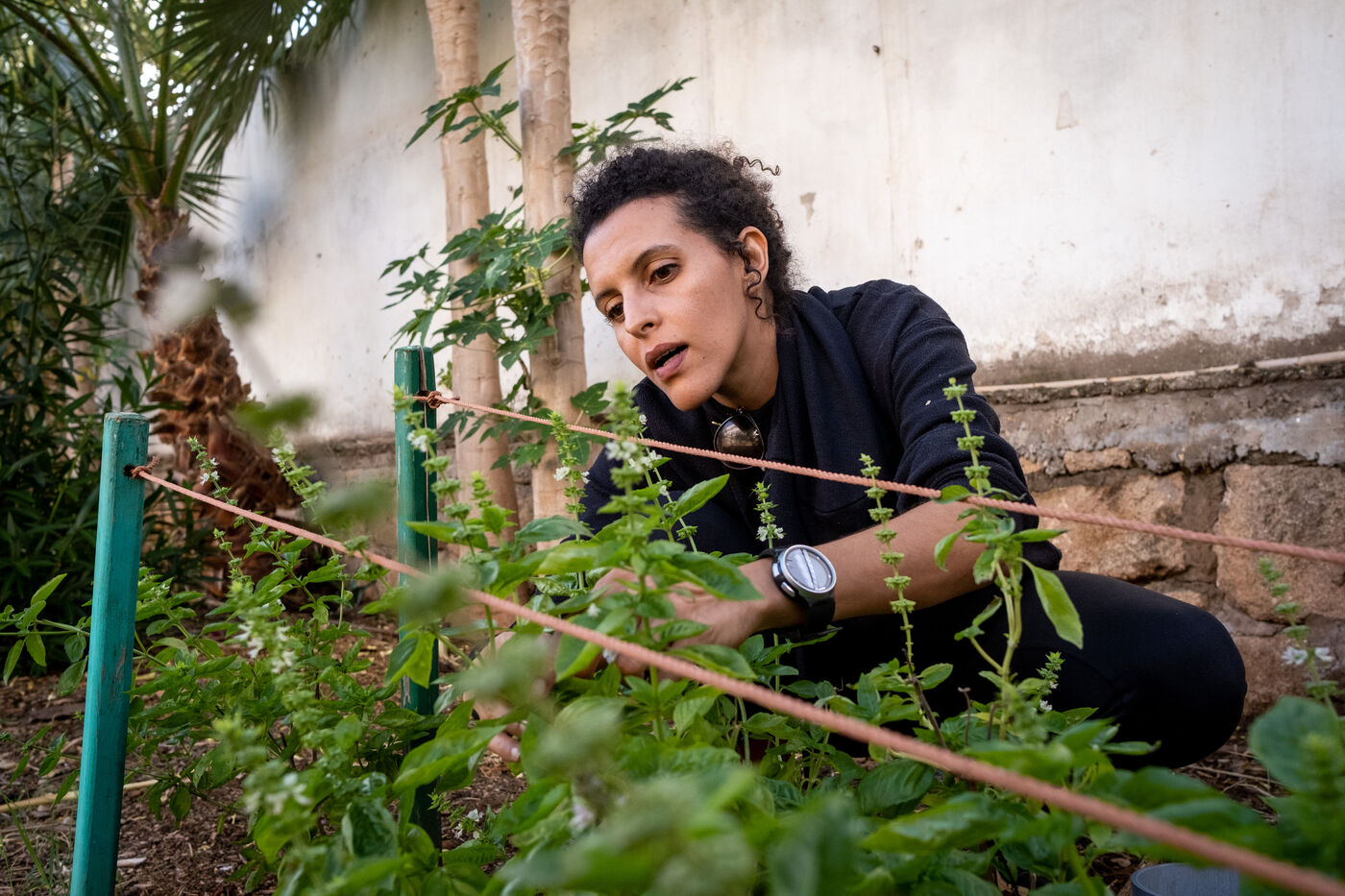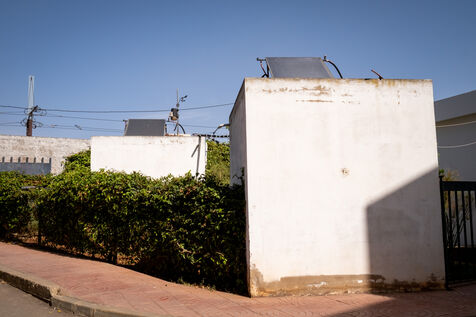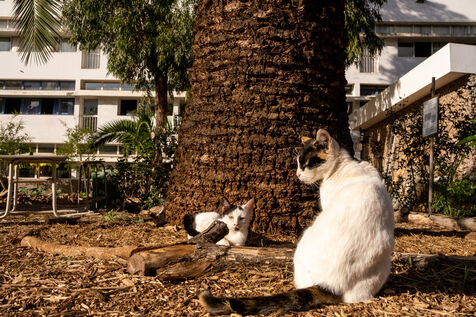Paysans des rues #7 - Casablanca
Né à New York et au Canada, le mouvement citoyen des jardins partagés et de l'agriculture urbaine propose aux habitants de produire eux-mêmes des fruits et légumes. Par ailleurs, l'objectif n'est pas uniquement productif car, derrière ce mouvement, on retrouve un réel intérêt social et pédagogique. En effet, dans un monde où la population urbaine ne cesse de croitre, il s'avère nécessaire pour l'avenir de faire prendre conscience aux habitants des enjeux du foncier et de l'agriculture. Créer un lien à la terre en utilisant des techniques à la fois naturelles et modernes permet de se questionner sur nos modes de productions agricoles. D'où vient ma nourriture? Que vais-je trouver dans mon assiette?
Il s'étend aujourd'hui dans le monde entier et notamment à Casablanca, relatée via cinq initiatives à travers la capitale économique du Maroc.
Tout d'abord, le jardin potager en permaculture de la Fondation sociale Oum Keltoum dans le quartier populaire de Sidi Moumen. Ensuite, chez Catherine qui développe dans le jardin de sa maison un potager vertical puis chez Ingrid et Hadj qui ont sur le toit de leur maison un grand poulailler avec une centaine de volailles dans le quartier Anfa. Nous continuons à la Faculté des sciences Ain Chock (FSAC) qui expérimente un jardin pédagogique irrigué par l'eau issue d'une station d'épuration avec un filtre végétale. Pour conclure, la Forêt Comestible, immense jardin potager de permaculture au Lycée Lyautey.
Textes et interviews sur demande.
Cette série a été réalisée à l'occasion d'une Résidence artistique à l'Institut Français de Casablanca dans le cadre du Programme de résidences artistiques et culturelles de l'Institut Français du Maroc.
Urban farming #7 - Casablanca
Born in New York and Canada, the citizens' movement for shared gardens and urban agriculture offers local residents the chance to grow their own fruit and vegetables, but the aim is not just productive: behind this movement lies a real social and educational interest. Indeed, in a world where the urban population continues to grow, it is vital to make local people aware of the issues surrounding land and agriculture. Creating a link with the land using techniques that are both natural and modern allows us to question our methods of agricultural production. Where does my food come from? What will I find on my plate?
It is now spreading all over the world, and in Casablanca in particular, as illustrated by five initiatives across Morocco's economic capital.
Firstly, the permaculture vegetable garden of the Oum Keltoum Social Foundation in the working-class district of Sidi Moumen. Next, we visit Catherine, who is developing a vertical vegetable garden in the garden of her house, and Ingrid and Hadj, who have a large henhouse with around a hundred chickens on the roof of their house in the Anfa district. We continue at the Ain Chock Faculty of Science (FSAC), which is experimenting with an educational garden irrigated with water from a wastewater treatment plant using a plant filter. Finally, the Forêt Comestible, a huge permaculture vegetable garden at Lycée Lyautey.
Texts and interviews on request.
This series was produced during an artistic residency at the Institut Français in Casablanca as part of the Institut Français du Maroc's artistic and cultural residency programme.
